A Dietitian's Guide to Lowering Cholesterol Without Medication
Heart health is a cornerstone of overall well-being, and managing cholesterol levels is pivotal in maintaining a healthy heart. While medications can be effective, many are turning to dietary and lifestyle changes to gently lower cholesterol without medication. This article explores dietitian-endorsed strategies that can help you achieve this goal. These methods are not only supported by scientific research but are also practical and easy to incorporate into daily life. Whether you're looking to make small tweaks or significant lifestyle changes, these strategies offer a path to a healthier heart.
1. Embrace Plant Sterols and Stanols

Plant sterols and stanols are naturally occurring substances found in fruits, vegetables, nuts, and seeds. They have a similar structure to cholesterol and compete for absorption in the digestive system, thereby reducing the amount of cholesterol that enters the bloodstream. Studies have shown that consuming 2 grams of plant sterols or stanols per day can lower LDL cholesterol by about 10%. Incorporating foods fortified with these compounds, such as certain margarines and orange juices, can be an easy way to take advantage of their cholesterol-lowering effects.
2. Increase Soluble Fiber Intake

Soluble fiber is a powerful ally in the fight against high cholesterol. Found in foods like oats, beans, lentils, apples, and citrus fruits, soluble fiber binds to cholesterol particles in the digestive system and helps remove them from the body before they can enter the bloodstream. Aim for at least 5 to 10 grams of soluble fiber daily to see a significant impact on your cholesterol levels. Not only does this strategy help lower LDL cholesterol, but it also supports digestive health and can aid in weight management.
3. Opt for Healthy Fats
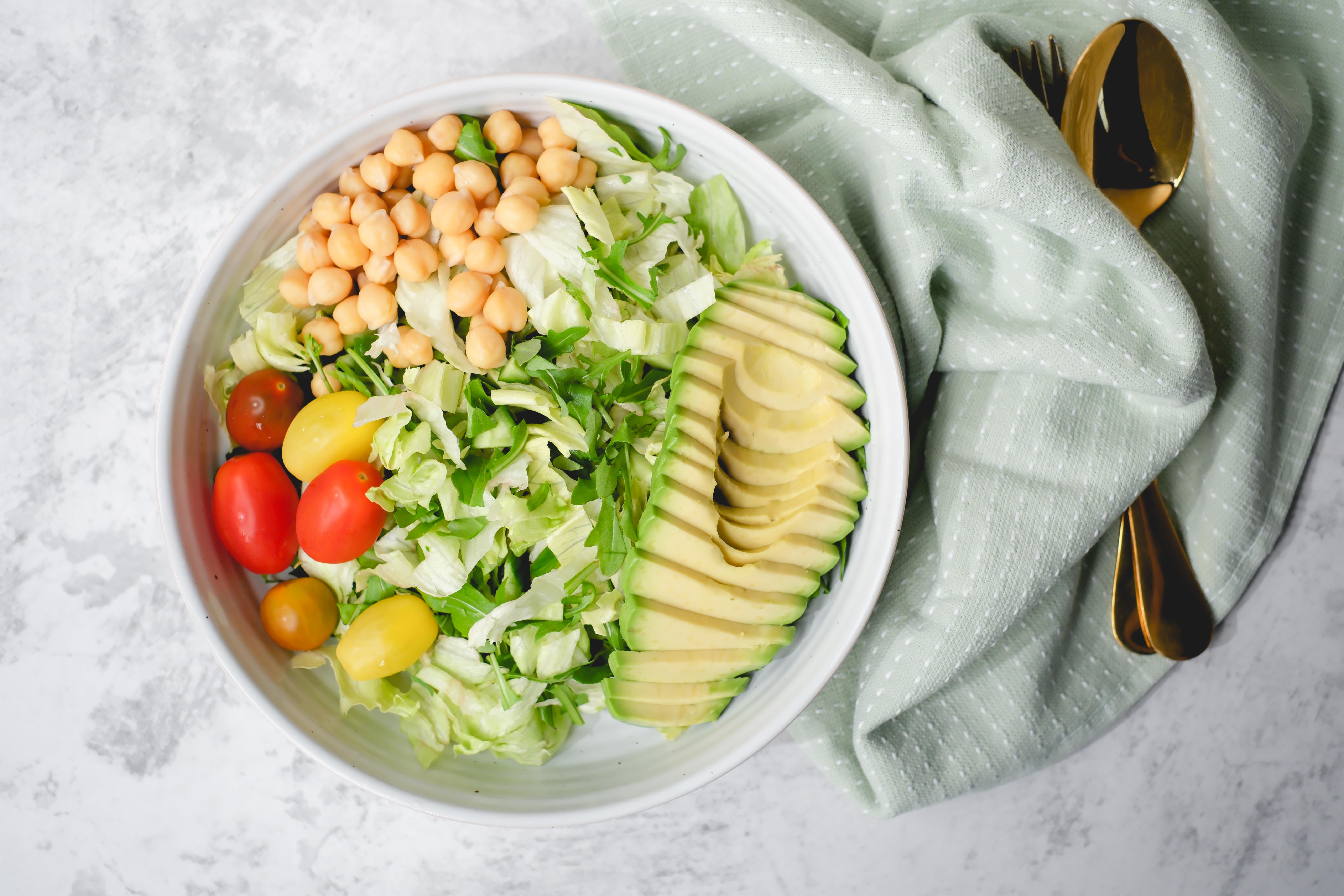
Replacing saturated and trans fats with healthier fats is crucial for cholesterol management. Monounsaturated fats, found in olive oil, avocados, and certain nuts, can help reduce bad LDL cholesterol levels while maintaining good HDL cholesterol. Polyunsaturated fats, such as those found in fatty fish like salmon and mackerel, are rich in omega-3 fatty acids, which have been shown to lower triglycerides and support heart health. By choosing healthy fats, you can reduce your cholesterol levels and improve overall cardiovascular health.
4. Incorporate More Nuts and Seeds
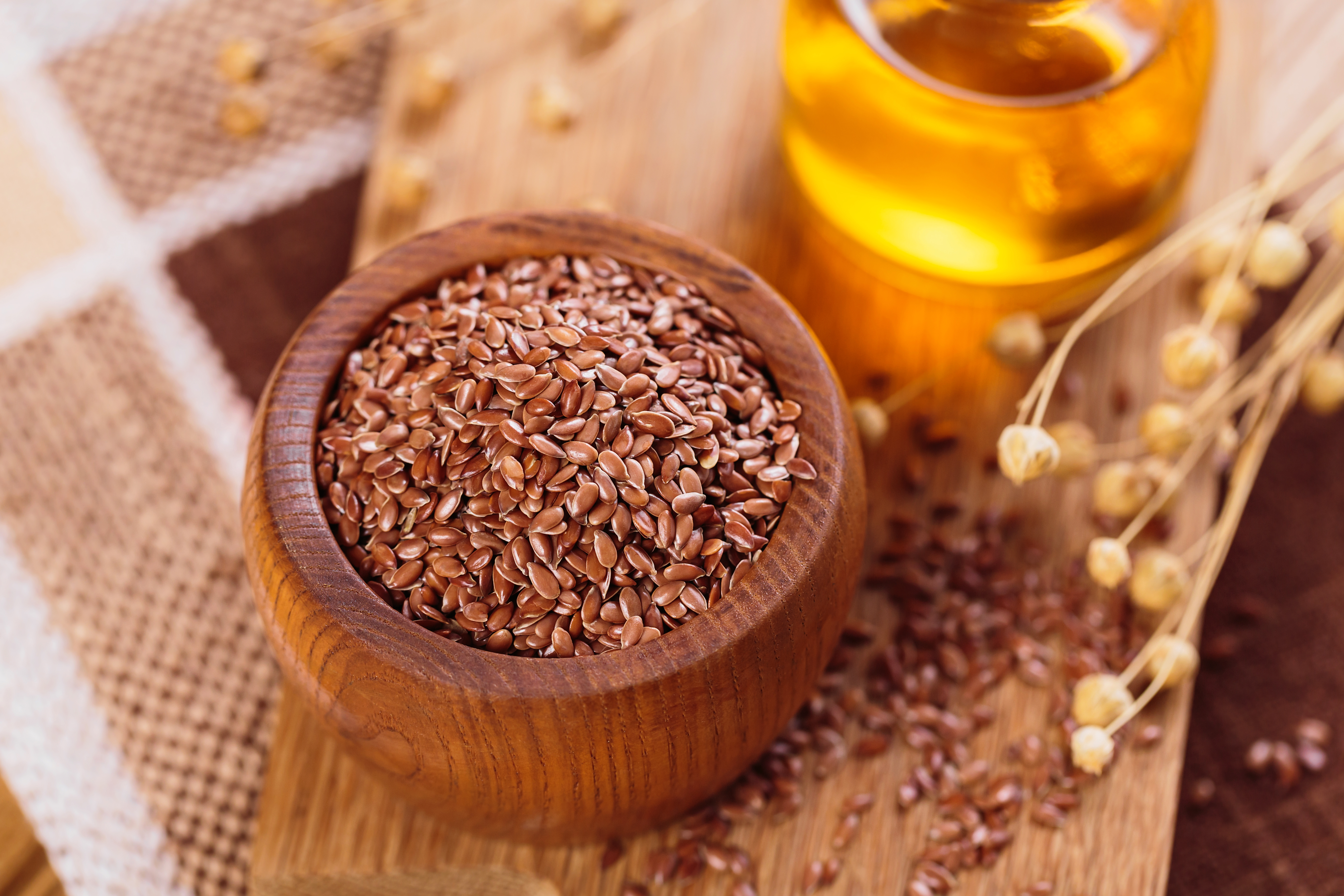
Nuts and seeds are nutritional powerhouses packed with heart-healthy fats, fiber, and protein. Almonds, walnuts, flaxseeds, and chia seeds are particularly beneficial for lowering cholesterol. Regular consumption of these foods has been associated with reduced LDL cholesterol levels and improved heart health. A handful of nuts or a tablespoon of seeds added to your meals or snacks can make a significant difference. They also provide essential nutrients like magnesium and vitamin E, which support cardiovascular health.
5. Choose Whole Grains
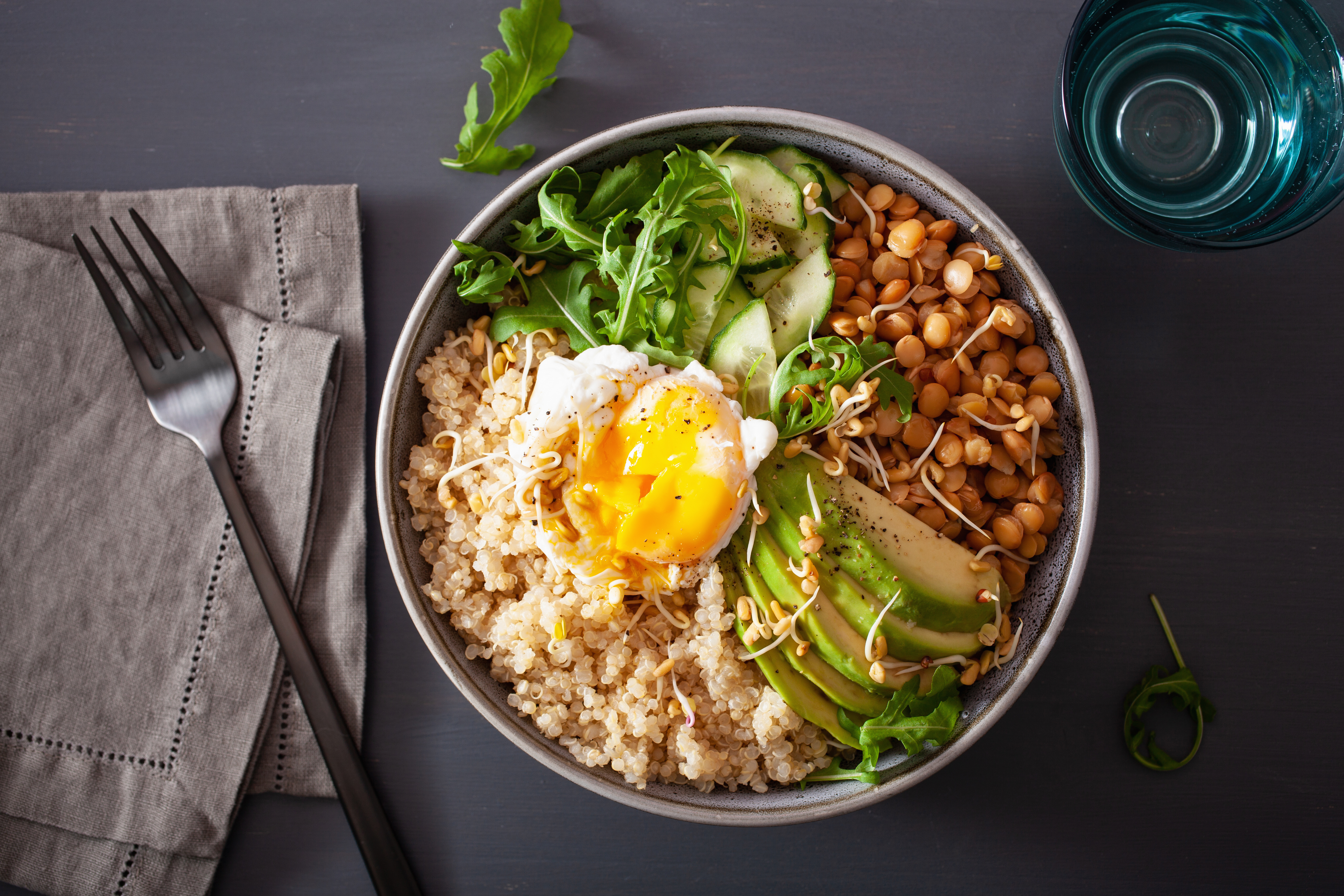
Whole grains are an excellent source of dietary fiber, particularly soluble fiber, which plays a significant role in lowering cholesterol. Foods like brown rice, quinoa, barley, and whole wheat bread are rich in nutrients and can help reduce LDL cholesterol levels. Whole grains also have a lower glycemic index, which can aid in blood sugar management and reduce the risk of developing heart disease. By making the switch from refined grains to whole grains, you can support your heart health and enjoy a variety of delicious and satisfying foods.
6. Prioritize Plant-Based Proteins
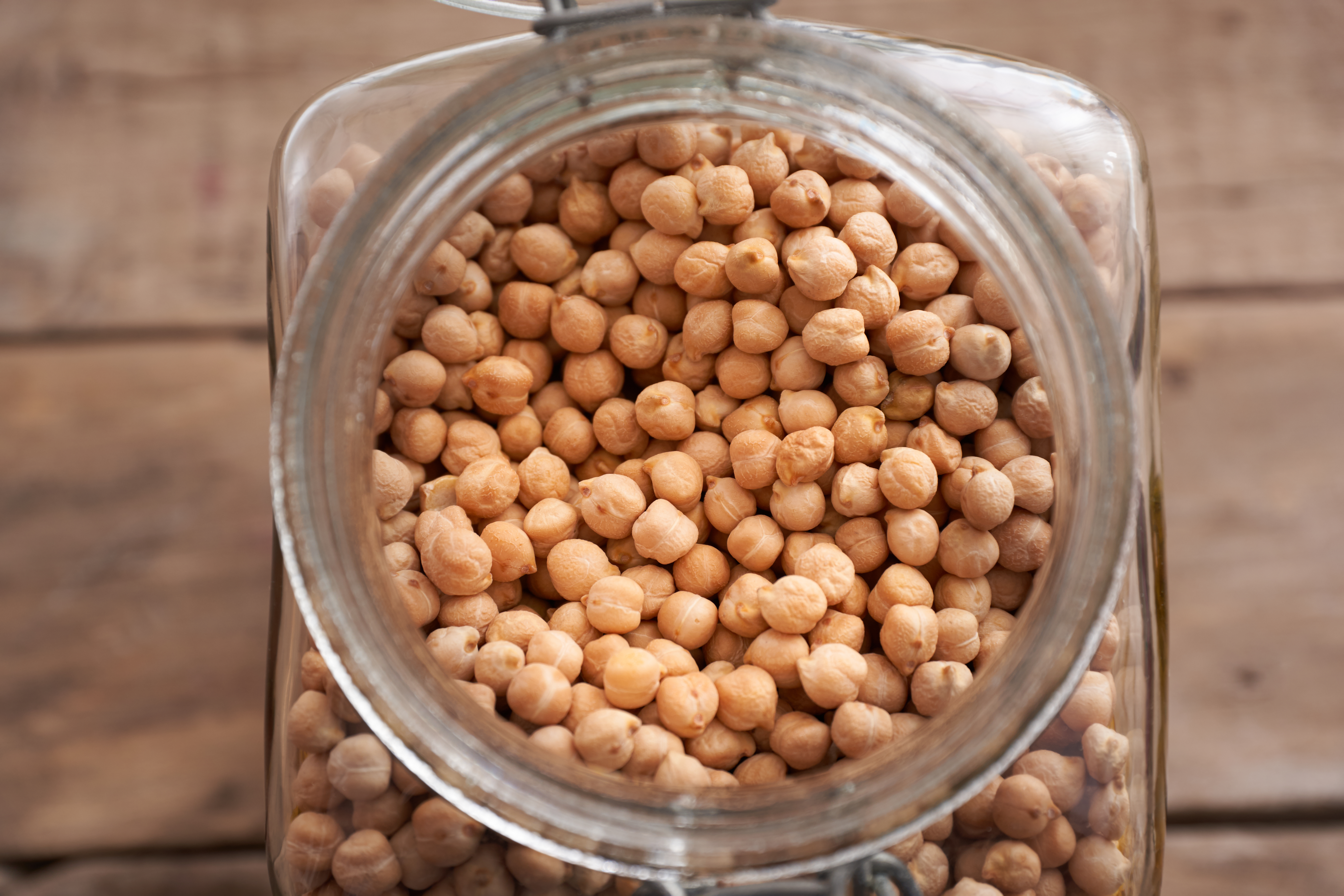
Plant-based proteins, such as beans, lentils, tofu, and tempeh, are excellent alternatives to animal proteins, which are often high in saturated fats. These plant-based options are naturally low in unhealthy fats and rich in fiber, making them ideal for lowering cholesterol. Research suggests that diets high in plant-based proteins can reduce the risk of heart disease and improve cholesterol profiles. Incorporating more plant-based meals into your diet can be a delicious and effective way to support heart health.
7. Limit Added Sugars
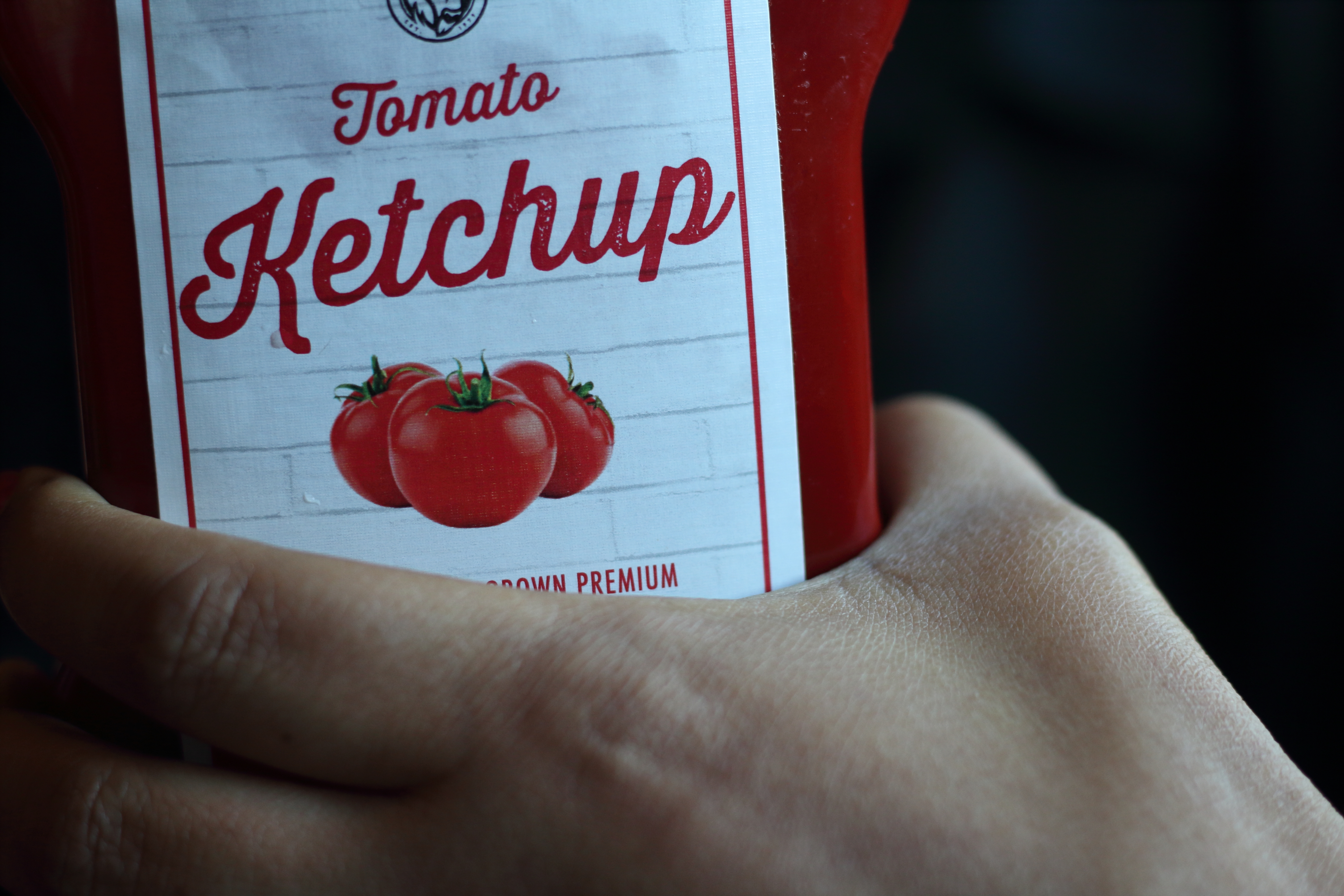
While sugars themselves don't contain cholesterol, excessive consumption of added sugars can lead to weight gain and increase triglyceride levels, which are risk factors for heart disease. Sugary beverages, desserts, and processed foods are common sources of added sugars. By reducing your intake of these foods and opting for natural sweeteners like honey or maple syrup in moderation, you can help manage your weight and improve your cholesterol levels. Reading food labels and being mindful of sugar content can support your heart health journey.
8. Enjoy Tea and Dark Chocolate

Both tea and dark chocolate contain antioxidants known as flavonoids, which have heart-protective properties. Green and black teas have been shown to lower LDL cholesterol and improve blood vessel function. Dark chocolate, with a cocoa content of at least 70%, can also help reduce cholesterol levels and improve heart health when consumed in moderation. Enjoying a cup of tea or a small piece of dark chocolate can be a delightful way to incorporate these heart-healthy antioxidants into your daily routine.
9. Stay Hydrated with Water

Staying well-hydrated is essential for overall health, including heart health. Water helps maintain proper blood circulation and can aid in weight management, which is important for controlling cholesterol levels. Replacing sugary drinks with water can reduce calorie intake and support cholesterol management. Aim to drink at least eight 8-ounce glasses of water daily, and consider adding a slice of lemon or cucumber for flavor. Staying hydrated supports all bodily functions and can be a simple yet effective strategy for maintaining a healthy heart.
10. Moderate Alcohol Consumption

Moderating alcohol consumption can positively impact cholesterol levels and heart health. While some studies suggest that moderate alcohol intake, particularly red wine, may have heart benefits, excessive drinking can lead to weight gain and increase the risk of heart disease. If you choose to drink alcohol, do so in moderation—up to one drink per day for women and two for men. Balancing alcohol intake with a heart-healthy diet and lifestyle can help you maintain optimal cholesterol levels and support overall cardiovascular well-being.
11. Embrace the Power of Garlic

Garlic, a staple in kitchens around the world, is more than just a flavor enhancer; it's a potent ally in the fight against high cholesterol. Studies have shown that the allicin compound in garlic can help lower total cholesterol and LDL (bad) cholesterol levels. Garlic also contains antioxidants that help prevent the oxidation of cholesterol, a key step in the formation of arterial plaques. Incorporating fresh garlic into your meals, whether crushed, minced, or roasted, can provide these heart-protective benefits. This simple addition to your diet is a delicious and effective way to support your heart health.
12. The Power of a Vegetarian or Vegan Diet

A comprehensive study showed that people following a plant-based diet had significantly lower total and LDL cholesterol levels compared to those who consumed meat. By cutting out animal products entirely, you automatically eliminate all sources of dietary cholesterol and most sources of saturated fat, which are the main culprits in raising cholesterol. This is a powerful lifestyle choice that can dramatically improve your heart health.
13. The Benefits of Regular Physical Activity

While diet is crucial, regular physical activity is a cornerstone of a heart-healthy lifestyle. Exercise, particularly aerobic exercise, can help lower LDL (bad) cholesterol and raise HDL (good) cholesterol levels. Aim for at least 30 minutes of moderate-intensity exercise, such as brisk walking, cycling, or swimming, most days of the week. This not only helps manage cholesterol but also aids in weight management, reduces blood pressure, and improves overall cardiovascular health.
14. Cooking Methods Matter

The way you prepare your food can have a significant impact on your cholesterol levels. Frying, for example, can add a high amount of unhealthy fats and calories, while grilling, baking, and steaming are much healthier options. Using a heart-healthy oil, such as olive oil or avocado oil, and seasoning with herbs and spices instead of salt can also help. By being mindful of your cooking methods, you can enjoy your favorite foods without compromising your heart health.
15. The Link Between Gut Health and Cholesterol

Your gut microbiome plays a surprisingly significant role in regulating your cholesterol. Specific types of bacteria in your gut produce short-chain fatty acids (SCFAs) from the fiber you eat. These SCFAs can then travel to your liver and inhibit cholesterol production. By nurturing your gut health with fermented foods like sauerkraut and kimchi or by taking a daily probiotic supplement, you can indirectly support your body's ability to manage cholesterol levels. This is a fascinating and often overlooked connection that goes beyond what you eat.
16. Focus on Food Synergy
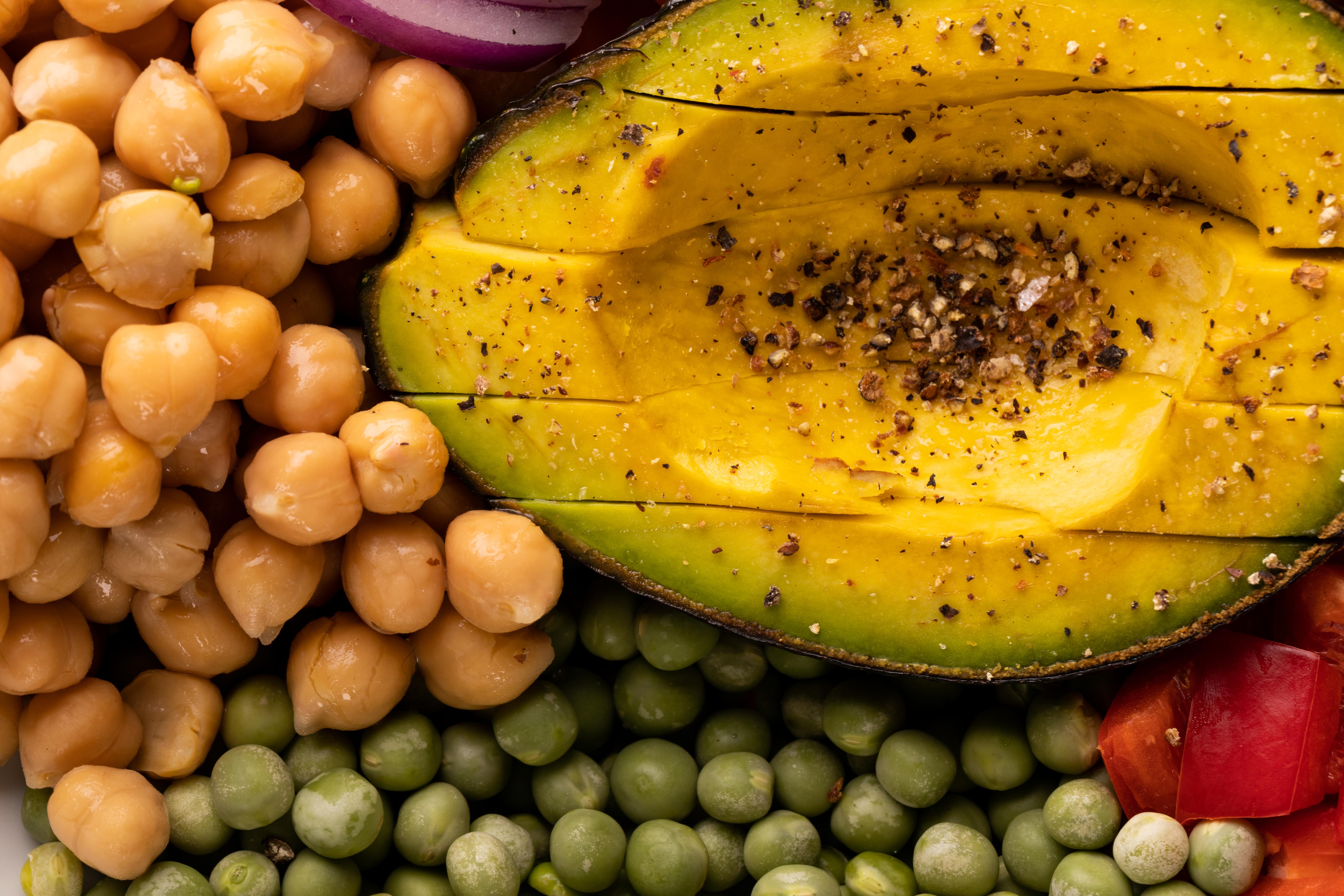
The true power of a cholesterol-lowering diet isn’t in one single food, but in how different foods work together. This is known as food synergy. For example, combining foods rich in plant sterols, like fortified orange juice, with a meal containing healthy fats and fiber, like an avocado salad with chickpeas, can amplify the cholesterol-lowering effect. These compounds don't just act in isolation; they create a metabolic environment that actively promotes heart health. Think about your meals not as a collection of ingredients, but as a coordinated team working toward a common goal: protecting your heart and keeping your arteries clear.
17. Embrace Spices and Herbs
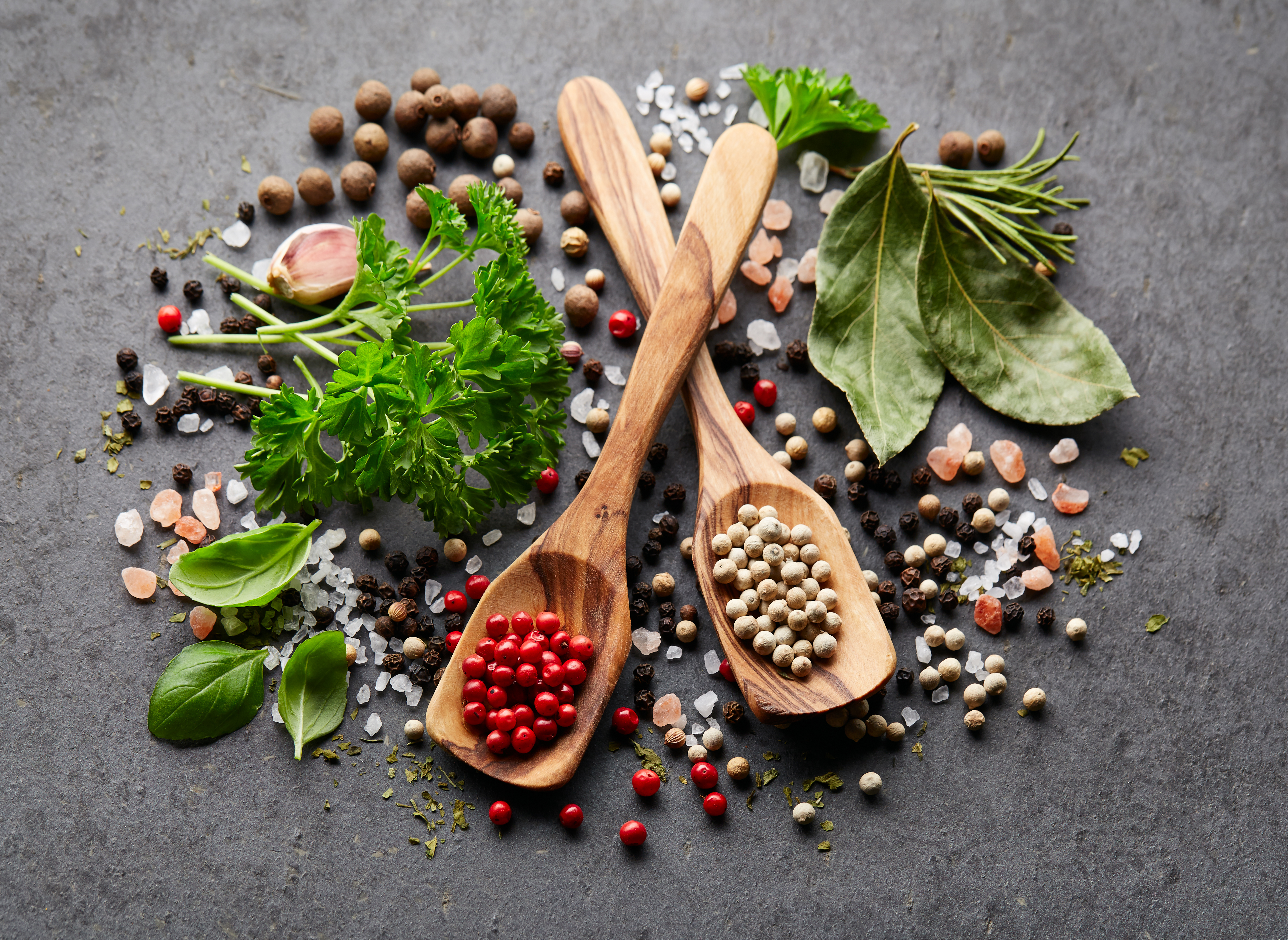
Your spice rack is a secret weapon for heart health. Many common spices and herbs contain powerful antioxidants and anti-inflammatory compounds that go far beyond flavor. For instance, turmeric's active compound, curcumin, has been shown to reduce inflammation and may help lower cholesterol. Similarly, ginger can help lower triglycerides and cholesterol, while a sprinkle of cinnamon can improve blood sugar control. By seasoning your food with a variety of herbs like rosemary, thyme, and oregano instead of relying on salt and butter, you're adding a layer of protective compounds that work quietly behind the scenes to support your cardiovascular system.
18. Prioritize Sleep Hygiene

Sleep isn't just for rest; it's a critical time for your body to repair and regulate itself, and this includes your cholesterol. Research shows that poor sleep quality and chronic sleep deprivation are linked to an increase in LDL cholesterol and a decrease in HDL cholesterol. When you're sleep-deprived, your body's stress response can kick in, leading to inflammation and metabolic imbalances that negatively impact your lipid profile. Making sleep a non-negotiable priority—aiming for 7 to 9 hours a night—is a simple, free, and incredibly effective strategy for lowering cholesterol and protecting your long-term heart health.
19. Practice Mindful Eating
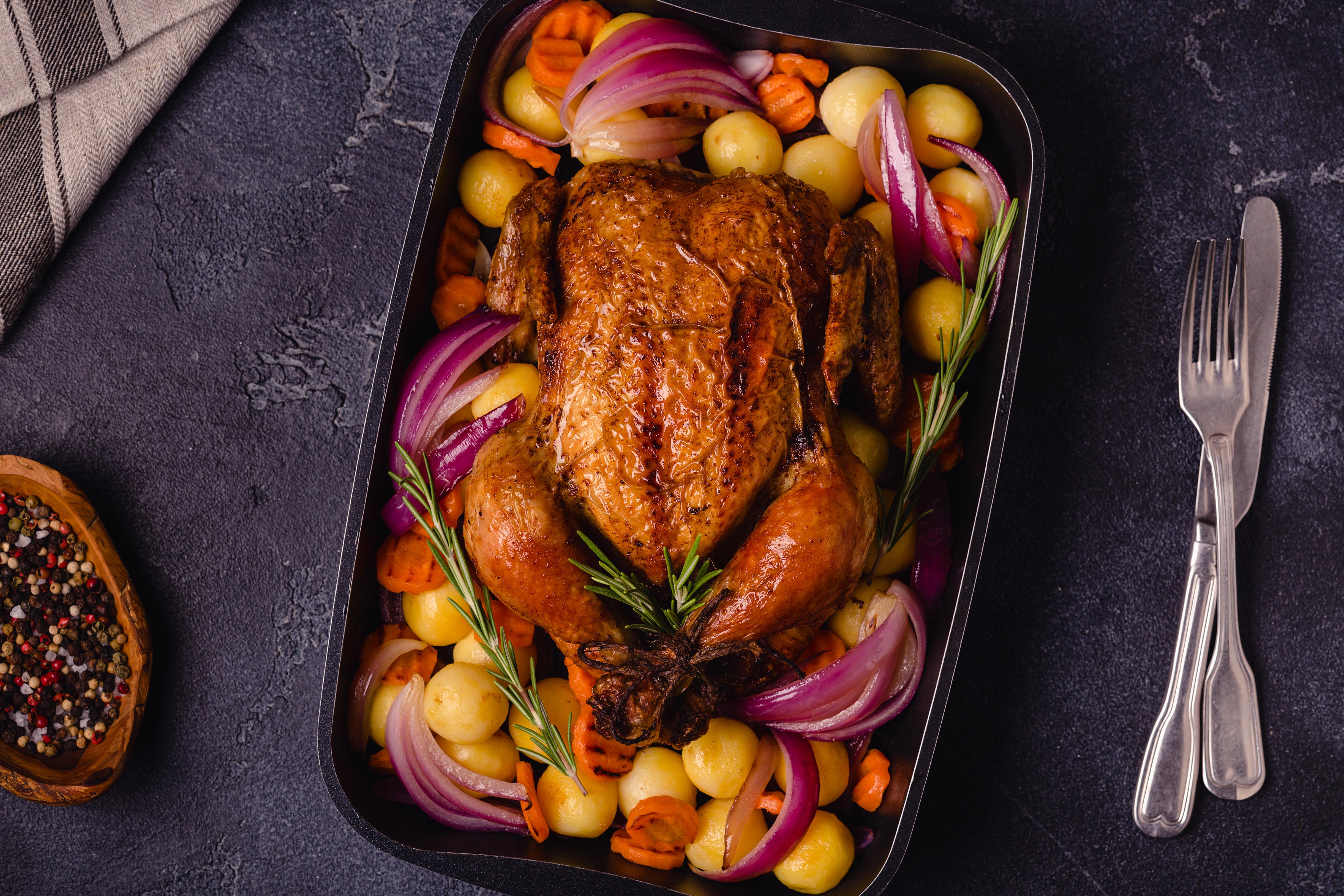
Mindful eating isn't about what you eat, but how. By paying full attention to your food—its taste, texture, and smell—you can improve your relationship with it and make better choices. This practice helps you recognize your body's hunger and fullness cues, which can prevent overeating and make it easier to maintain a healthy weight. Since obesity is a major risk factor for high cholesterol, this simple shift in attention can have a profound impact. Taking time to savor your meals can reduce stress, which also indirectly benefits your heart, proving that your eating habits are as important as the food itself.
20. Cook With Olive Oil
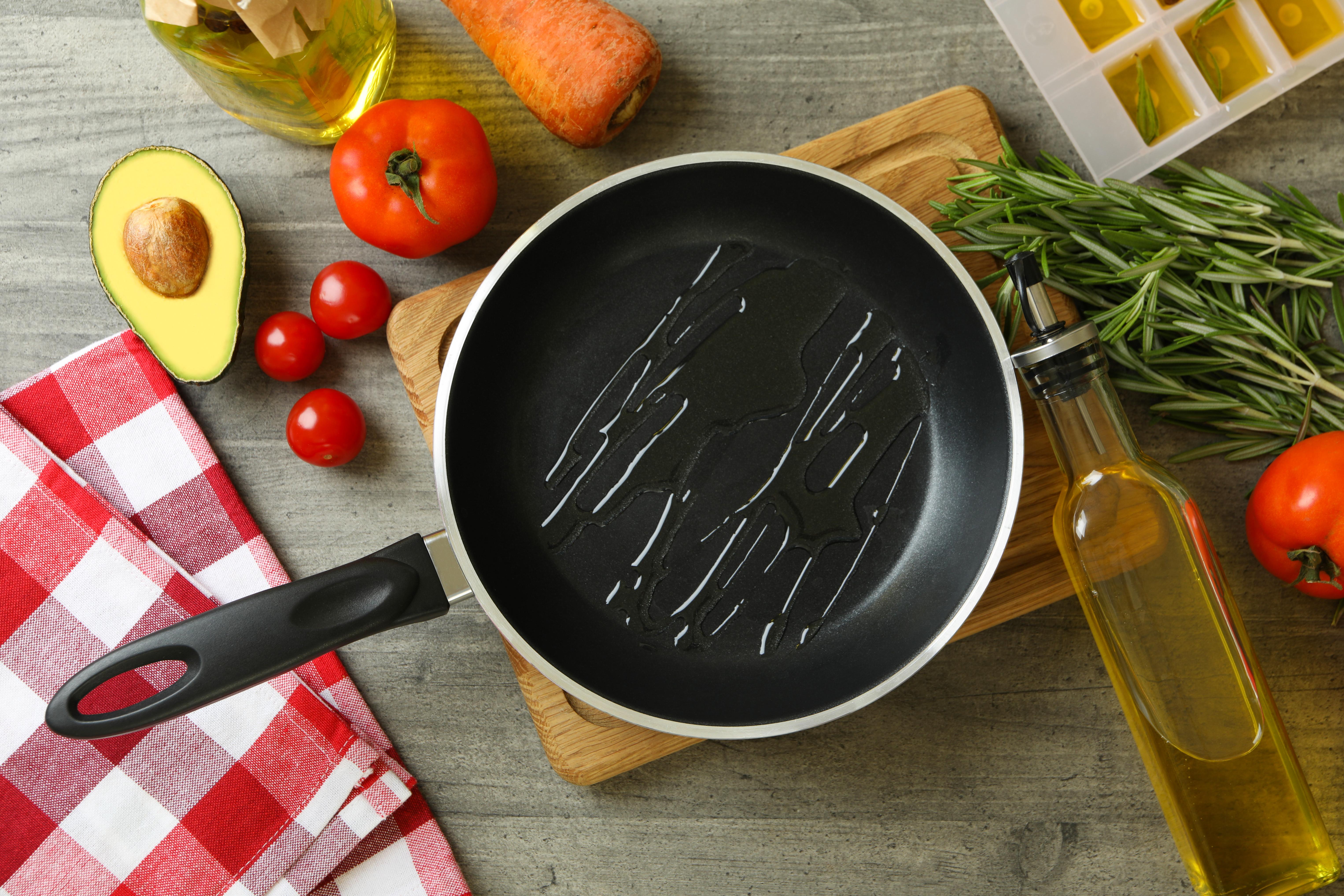
Beyond just being a healthy fat, extra virgin olive oil is a foundational pillar of a heart-healthy diet. It’s rich in monounsaturated fats and powerful antioxidants called polyphenols that actively fight inflammation and protect your blood vessels. Unlike other fats, olive oil’s unique composition helps reduce LDL cholesterol without lowering beneficial HDL cholesterol. Drizzle it over salads, use it for sautéing vegetables, or even dip a piece of whole-grain bread in it. Making extra virgin olive oil your primary cooking fat is a simple, delicious, and effective lifestyle change with proven benefits for long-term heart health.
21. Embrace a Strategic Snacking Schedule

It's not just about what you eat, but when. Strategically timing your snacks can help stabilize blood sugar and prevent overeating, both of which indirectly benefit cholesterol levels. Instead of grazing, try to have a mid-morning or mid-afternoon snack that combines protein, fiber, and healthy fats. For example, a handful of almonds and an apple, or a small portion of Greek yogurt with berries. This keeps you feeling full and reduces the temptation to grab a processed, high-sugar snack that could negatively impact your metabolic health and cholesterol.
22. The Cholesterol-Lowering Effects of Plant-Based "Cheese"
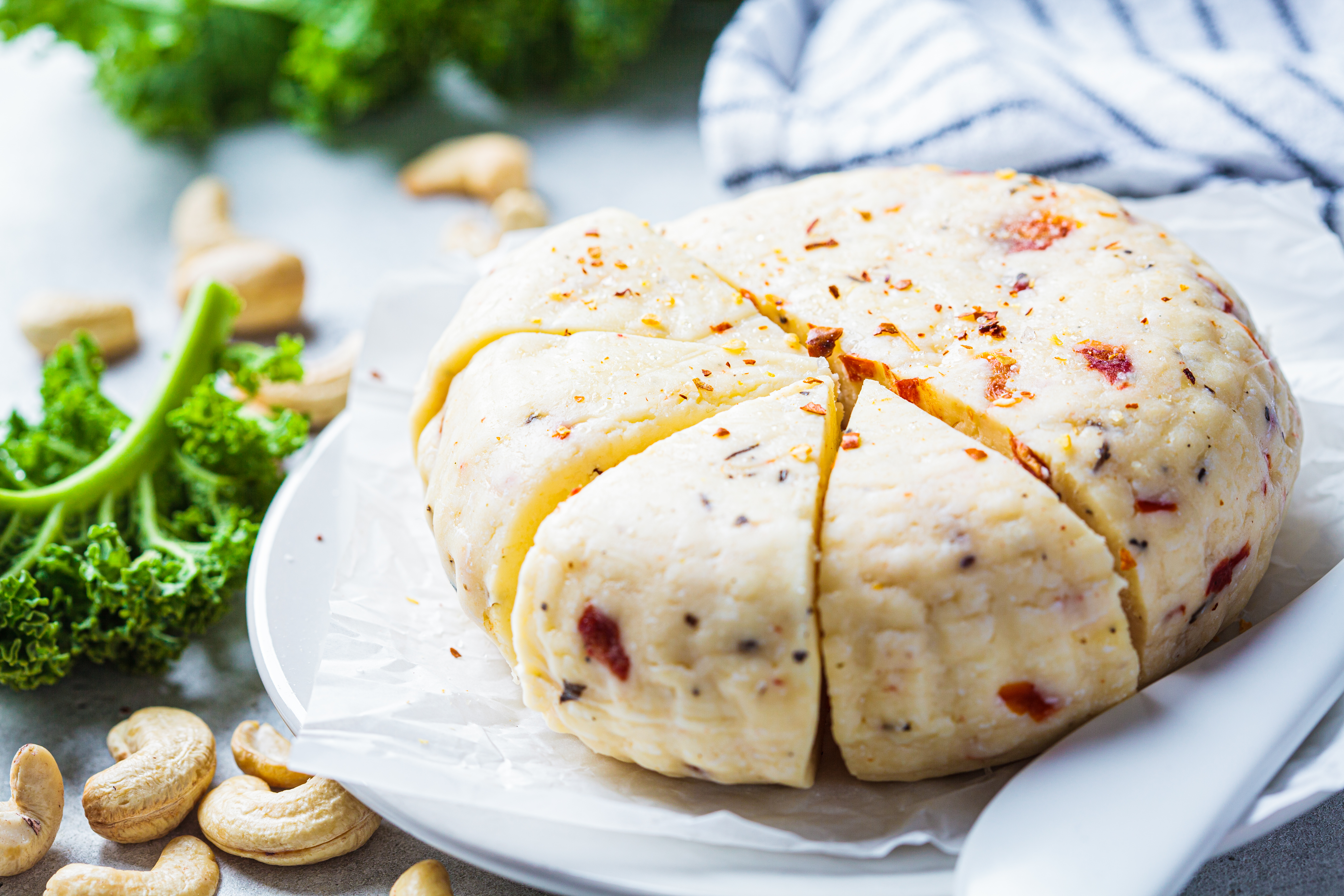
Many people struggle to give up cheese, a major source of saturated fat and sodium. Thankfully, a new category of plant-based cheeses has emerged, often made from nuts like cashews or almonds. These alternatives are naturally free of cholesterol and saturated fat. While not all are created equal, a simple nut-based cheese can be a delicious, creamy substitute that allows you to enjoy the flavor and texture of cheese without the negative impact on your lipid profile. Look for options with minimal additives and a short ingredient list.
23. The Power of Fermented Foods
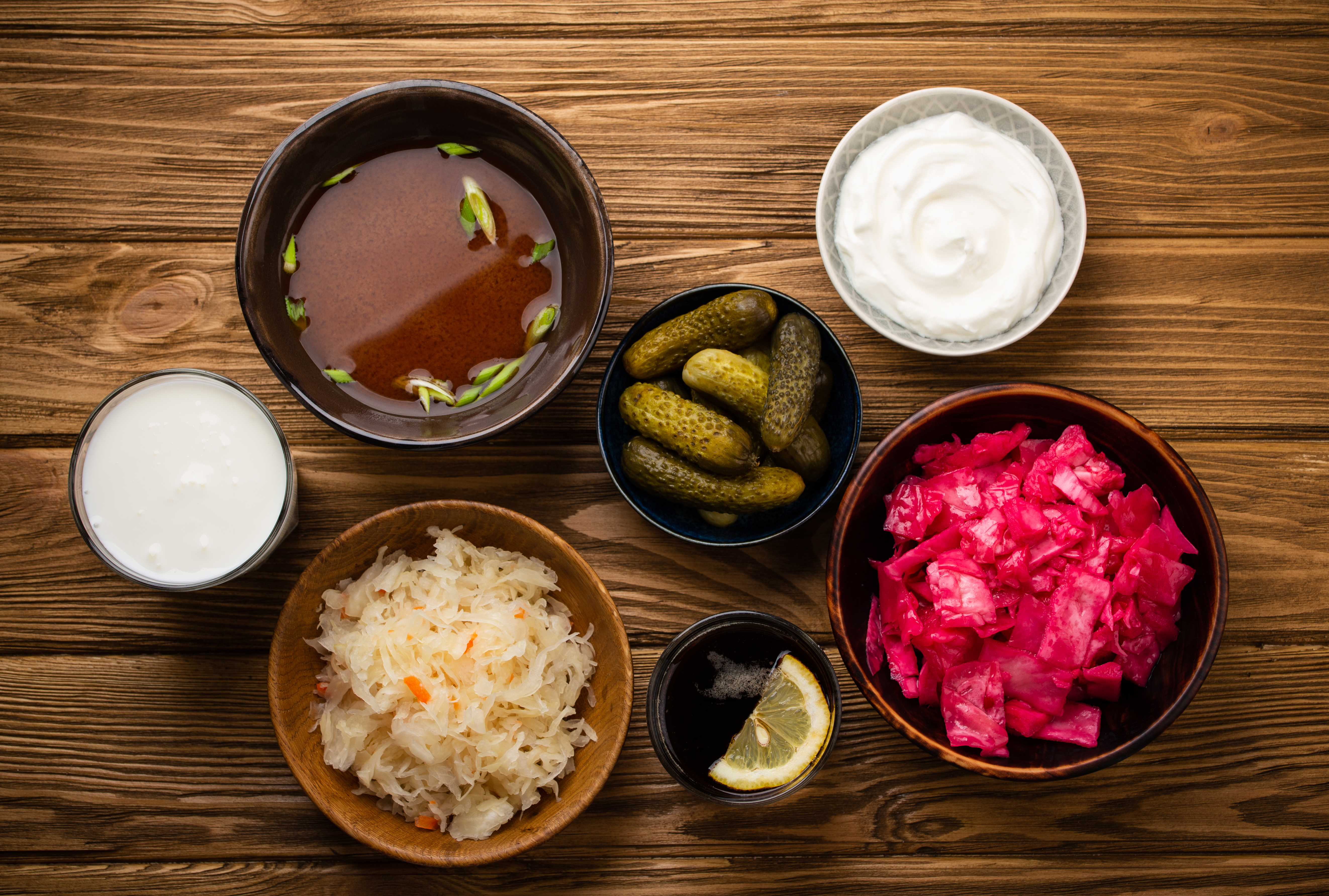
Fermented foods, such as sauerkraut, kimchi, and kefir, are renowned for their probiotic benefits that support gut health. The gut microbiome plays a surprisingly significant role in regulating cholesterol. A healthy gut can aid in the absorption of beneficial nutrients and help to excrete cholesterol more effectively. Incorporating a small, daily portion of fermented foods can improve your gut flora, which in turn helps your body manage cholesterol and reduces overall inflammation, a key factor in heart disease.
24. Try to Reduce Your Stress

Stress is often overlooked, but it has a direct impact on your cholesterol levels. When you are stressed, your body releases cortisol, a hormone that can trigger a cascade of events leading to an increase in LDL cholesterol and triglycerides. Finding a daily ritual to de-stress is essential. This could be as simple as a five-minute breathing exercise, listening to calming music, or spending time in nature. Managing your stress is a powerful, non-dietary way to help your body naturally regulate cholesterol and support long-term heart health.
25. Listen to Your Body's Cues

Mindful eating is a great start, but extending that mindfulness to your body's specific cues can be a game-changer. Our bodies often send signals that indicate what we need, but we are too busy to listen. Learn to recognize when you're genuinely hungry versus just bored or stressed. Pay attention to how certain foods make you feel. Do you feel sluggish after a sugary snack, or energized after a handful of nuts? This heightened awareness empowers you to make intuitive, heart-healthy decisions throughout the day, ensuring your choices are not just based on a list of rules, but on what truly makes you feel your best.
26. Embrace the Power of Cruciferous Vegetables
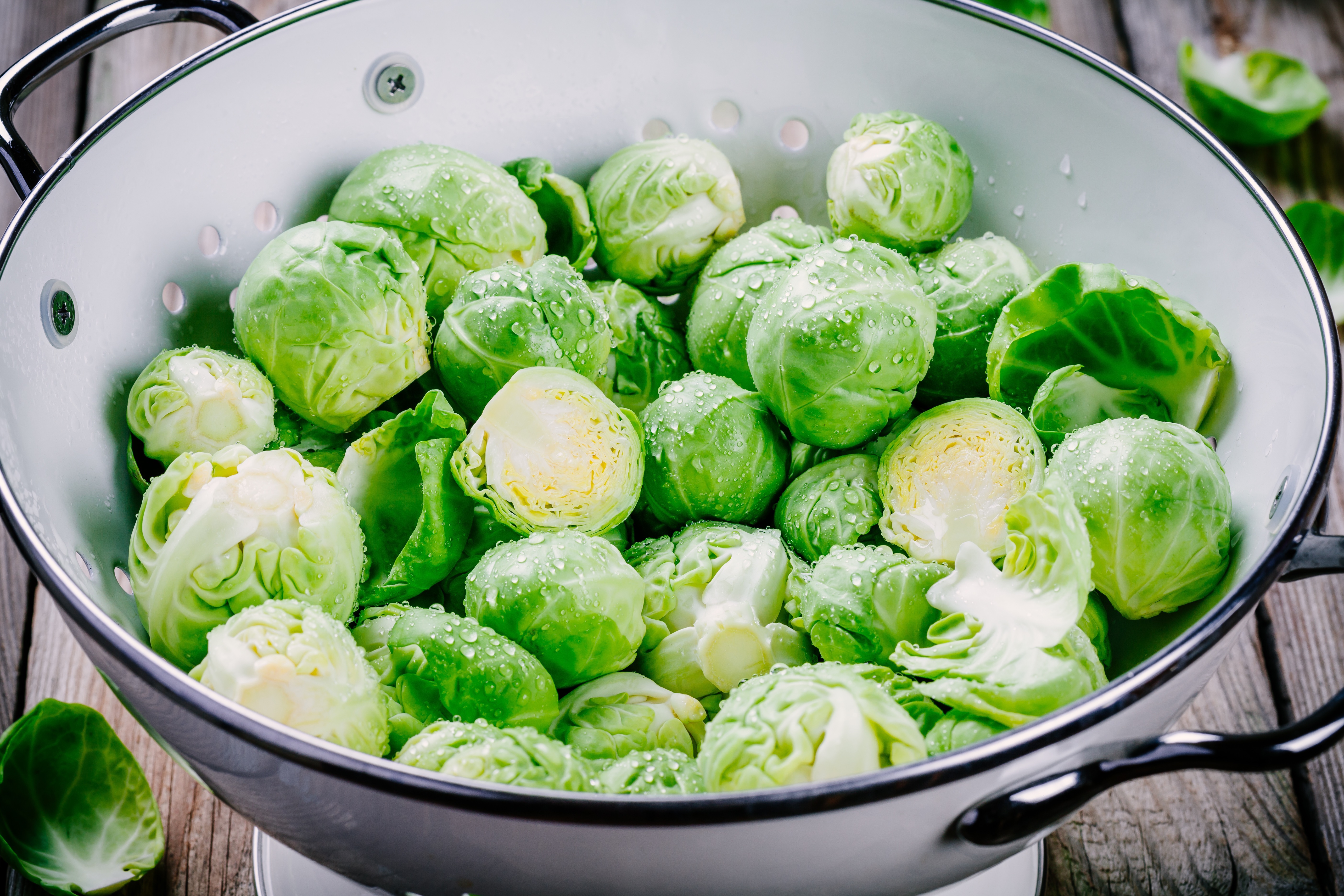
Cruciferous vegetables like broccoli, cauliflower, and Brussels sprouts are cholesterol-lowering powerhouses. They contain a powerful compound called sulforaphane, which helps to activate a pathway in the body that reduces inflammation and oxidative stress. Broccoli is also rich in soluble fiber, which binds to cholesterol in the gut and aids in its excretion. Steaming or lightly cooking these vegetables preserves their sulforaphane content, making them a potent and versatile addition to any heart-healthy diet.
27. The Role of Regular Exercise

Aerobic exercise, such as brisk walking, cycling, or swimming, has been shown to be particularly effective in lowering LDL (bad) cholesterol and raising HDL (good) cholesterol. Aim for at least 30 minutes of moderate-intensity exercise most days of the week. This not only helps manage cholesterol but also aids in weight management, reduces blood pressure, and improves overall cardiovascular health.
28. The Cholesterol-Lowering Magic of Beans
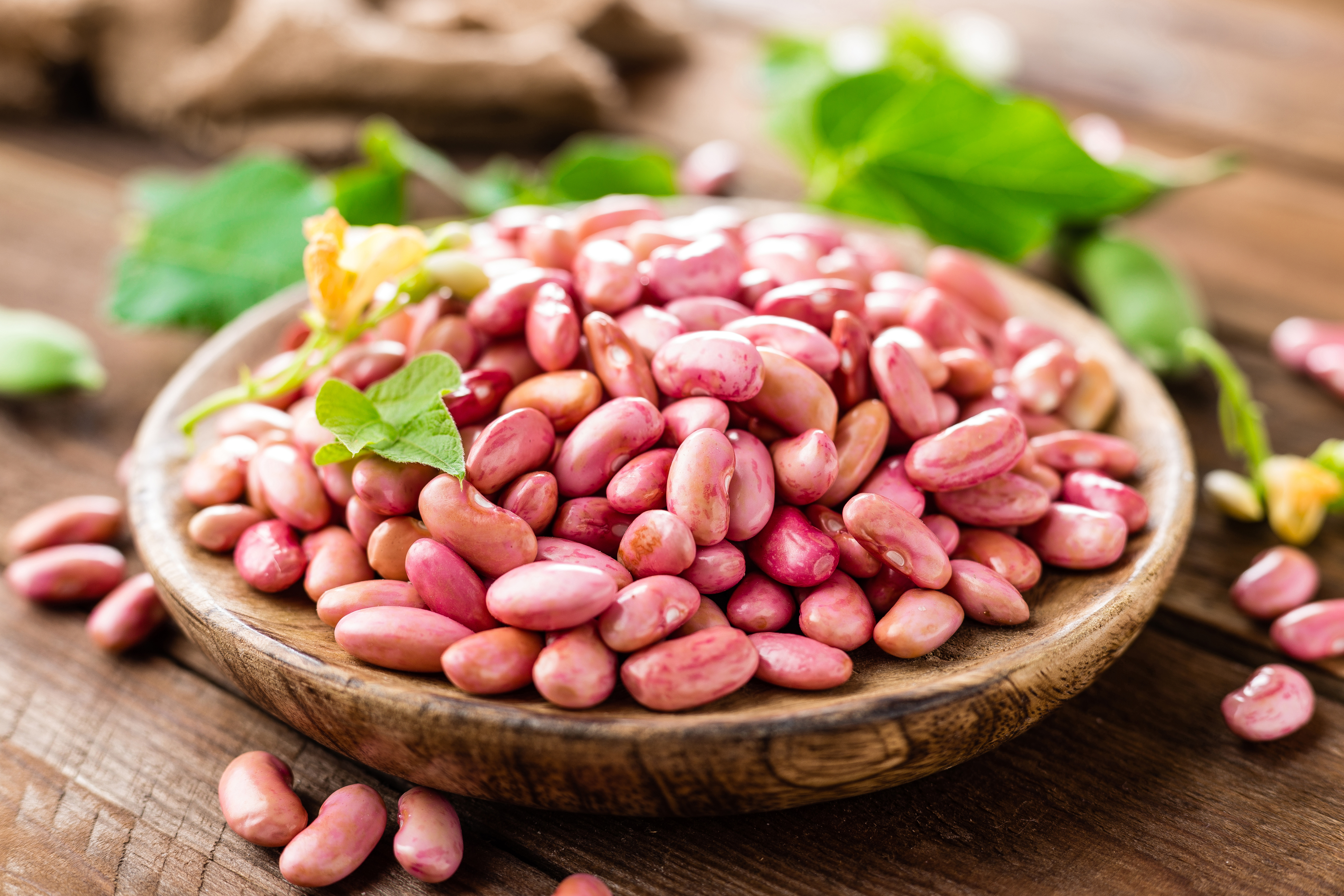
Beans, a diverse group of legumes including kidney, pinto, and black beans, are cholesterol-lowering powerhouses. They are rich in soluble fiber, which binds to cholesterol in the digestive tract and helps remove it from the body before it can enter the bloodstream. A daily half-cup serving of beans can significantly reduce LDL cholesterol levels. Beans are also a great source of plant-based protein and other nutrients, making them a satisfying and versatile addition to soups, salads, and stews.
29. The Benefits of Pectin in Citrus Peels and Apples

Pectin is highly effective at lowering cholesterol by creating a gel-like substance in your digestive tract that traps cholesterol and helps excrete it from your body. It's found in the white pith of citrus fruits and the skin of apples. To get more pectin, try adding lemon or orange zest to your meals or make a point to eat the skin of your apples.
30. The Cholesterol-Lowering Effects of Soy
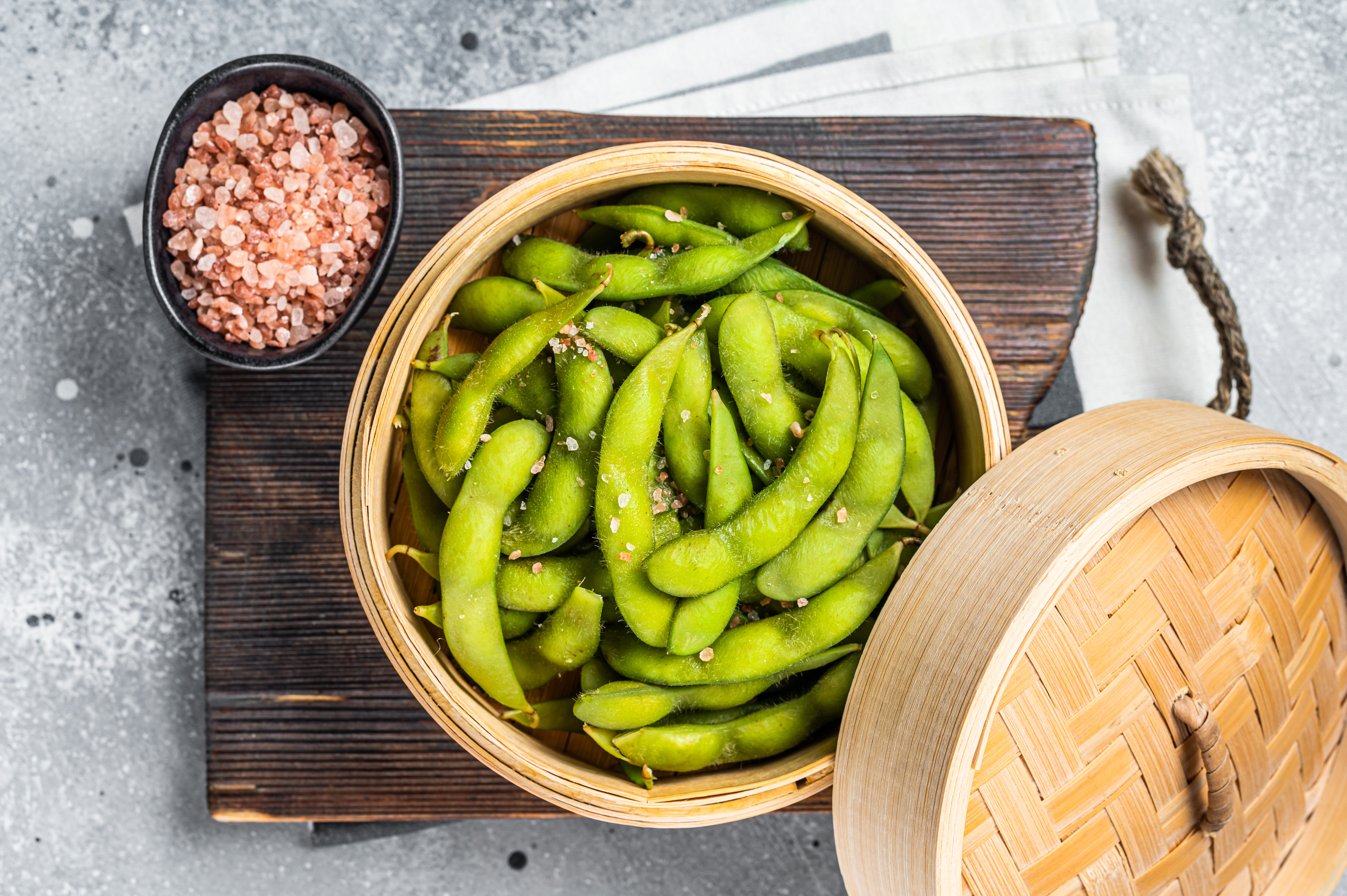
Soy products, such as tofu, edamame, and soy milk, have been shown to have a positive effect on cholesterol levels. Soy contains isoflavones, which can help lower LDL (bad) cholesterol. Additionally, soy is a great source of lean protein, making it an excellent alternative to animal products that are high in saturated fats. By incorporating soy into your diet, you can support your heart health and enjoy a variety of delicious and nutritious foods.
31. The Unexpected Role of Magnesium and Vitamin K2
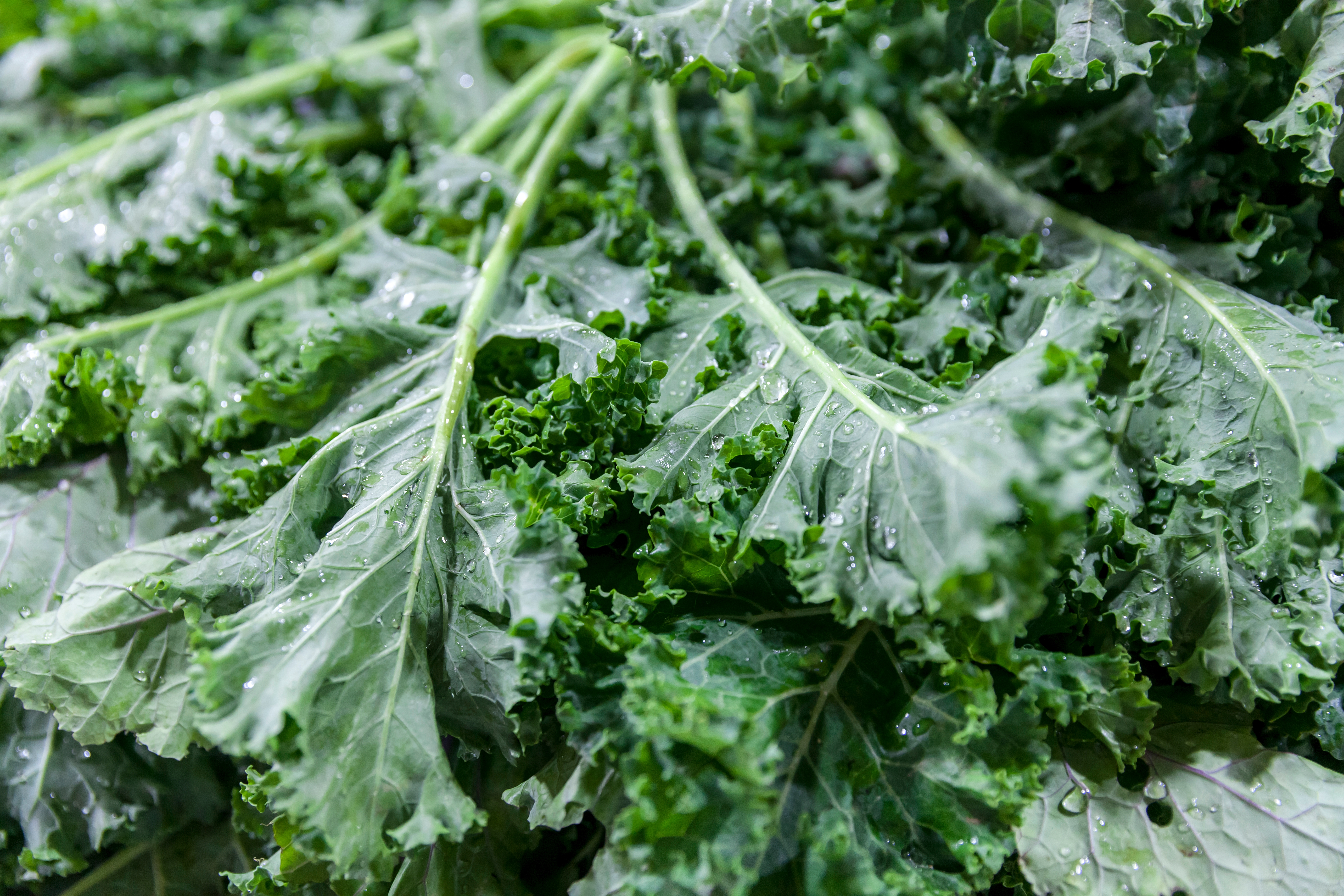
While calcium is essential for bones, its accumulation in arteries can lead to dangerous hardening and plaque formation. This is where magnesium and Vitamin K2 come in. Magnesium is a natural calcium channel blocker that helps regulate calcium's movement in and out of cells, promoting relaxation of blood vessels and lowering blood pressure. Vitamin K2 works by activating proteins that direct calcium to your bones and away from your arteries. Without sufficient amounts of these two nutrients, your body cannot effectively manage calcium, which can lead to cardiovascular issues. Foods like leafy greens, nuts, and fermented foods are rich in these essential compounds.
32. The Surprising Benefits of Cinnamon
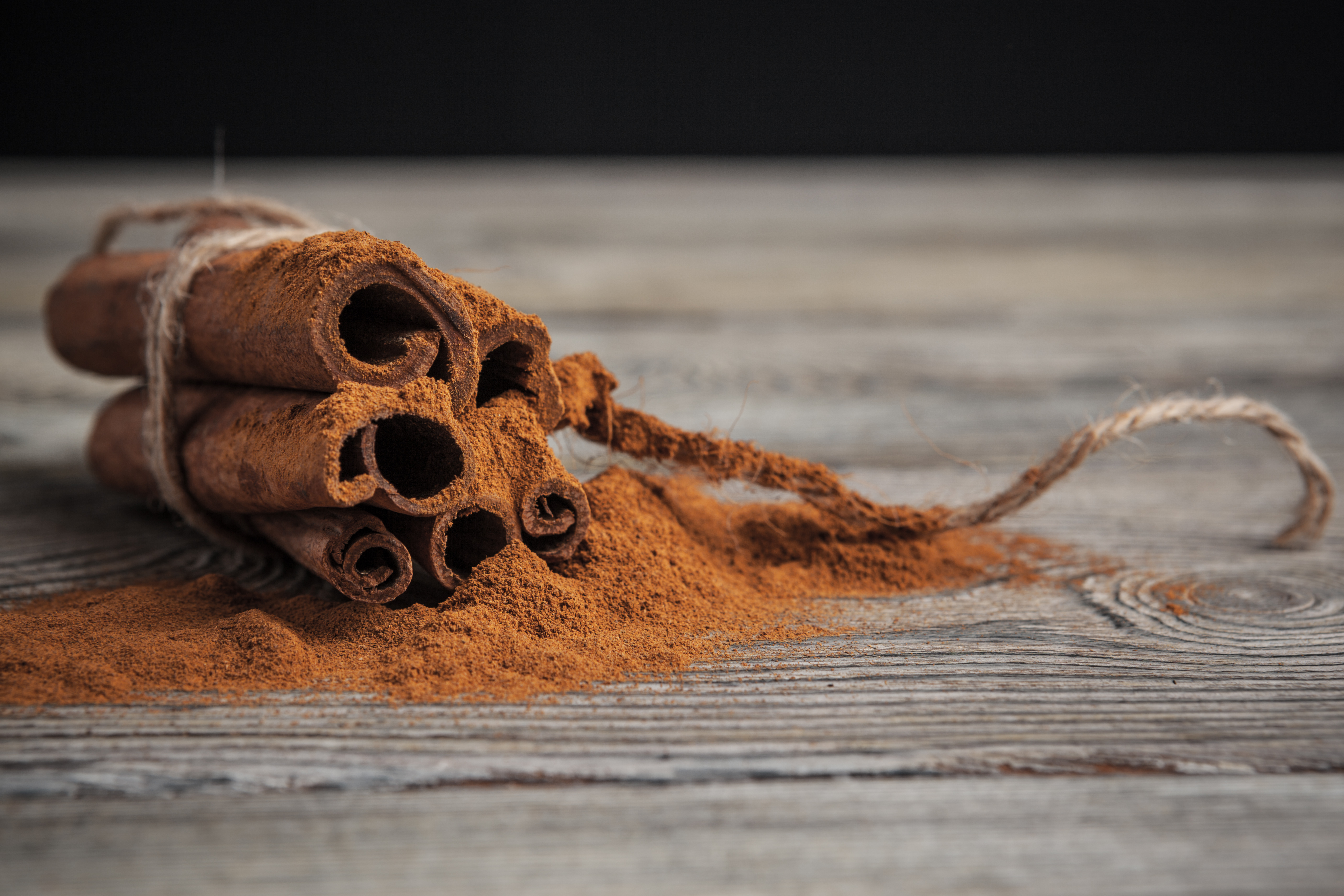
Cinnamon is more than just a sweet spice; it's a potent tool for metabolic health. Research has shown that even a small amount of cinnamon each day can help lower triglycerides and total cholesterol, especially in people with metabolic syndrome or diabetes. The compounds in cinnamon work to improve insulin sensitivity, which in turn helps the body manage fats and sugars more effectively. A dash of cinnamon in your morning oatmeal, smoothie, or coffee can add not only flavor but also a powerful, heart-protective layer to your diet.
33. The Power of Intermittent Fasting

While not a food itself, a strategic eating pattern can significantly influence your cholesterol. Intermittent fasting, which involves cycling between periods of eating and fasting, has been shown to improve a variety of metabolic markers, including cholesterol levels. During the fasting window, your body uses its stored fat for energy, which can lead to a reduction in LDL cholesterol and triglycerides. This practice also enhances insulin sensitivity and reduces inflammation, both of which are critical for heart health. This is a lifestyle strategy that goes beyond food choices to change how your body processes nutrients.
34. The Impact of Whey Protein on Cholesterol
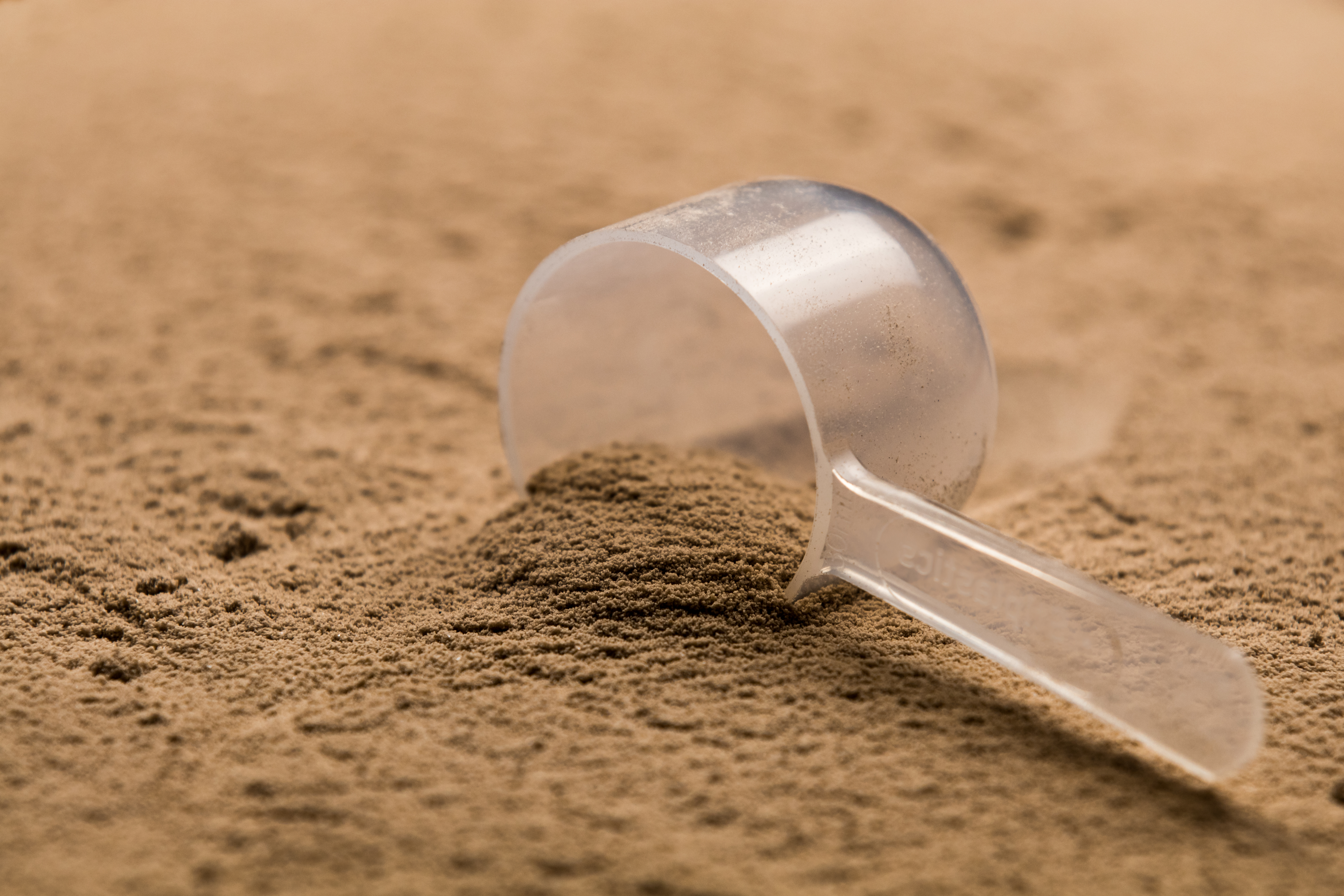
Whey protein, a supplement derived from milk, is not just for bodybuilders. It has been shown to have a positive effect on both LDL and total cholesterol. The lactoferrin and other bioactive peptides in whey protein may reduce cholesterol synthesis in the liver. For individuals looking to increase their protein intake without the saturated fat often found in red meat, a whey protein supplement can be a practical and effective way to support a heart-healthy diet. This provides a different angle from plant-based proteins, which were already discussed.
35. Mindful Cooking and Meal Prep
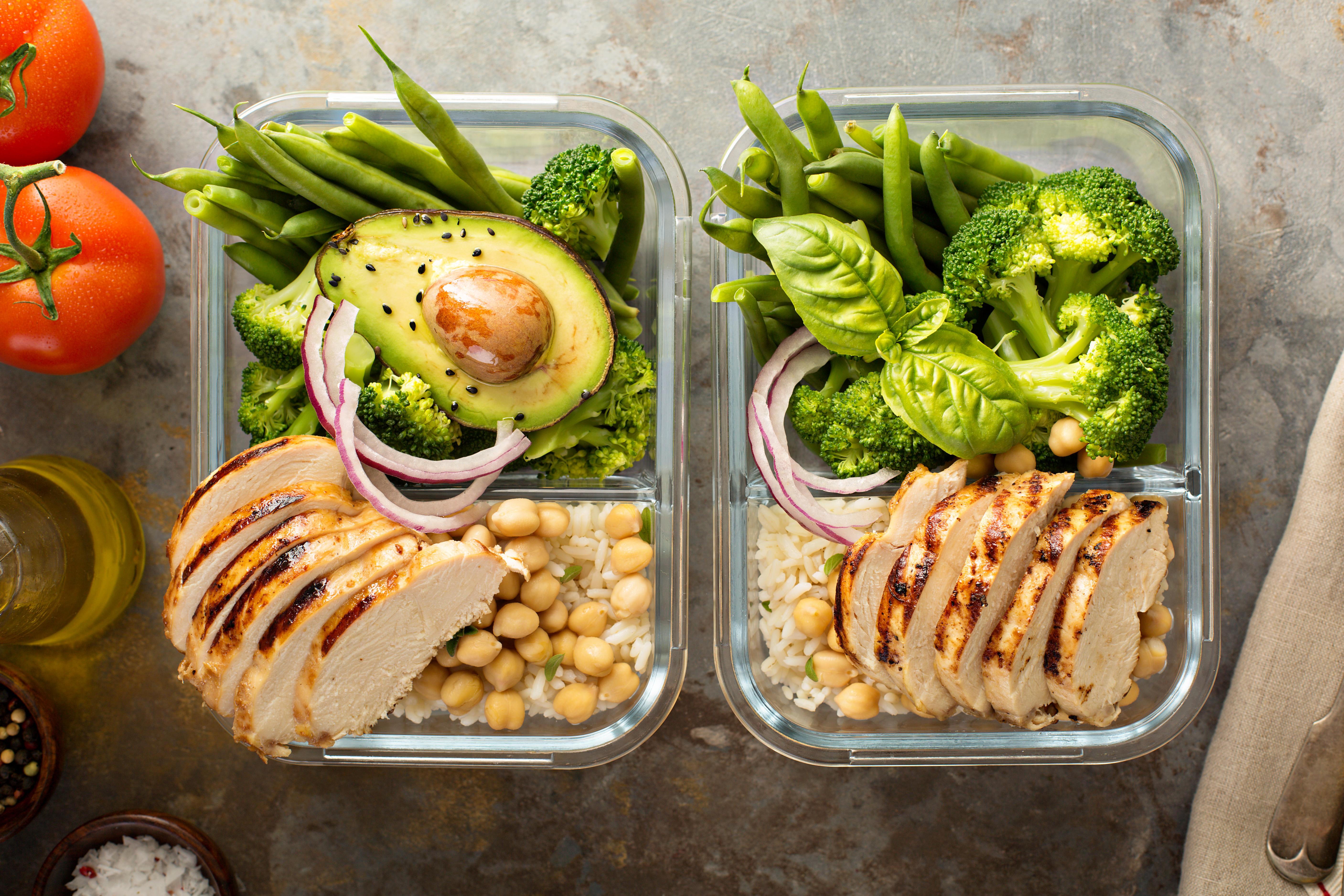
Beyond choosing healthy ingredients, the act of mindful cooking can be a form of stress reduction, which in turn helps lower cholesterol. By intentionally preparing your meals from scratch, you gain control over sodium, sugar, and fat content. Meal prepping—cooking large batches of food ahead of time—ensures you have healthy, convenient options available. This prevents last-minute reliance on processed foods or takeout, which are often laden with unhealthy fats and sodium. By making cooking and meal prep a regular part of your routine, you are making a profound investment in your heart health.
36. The Surprising Role of Stearic Acid
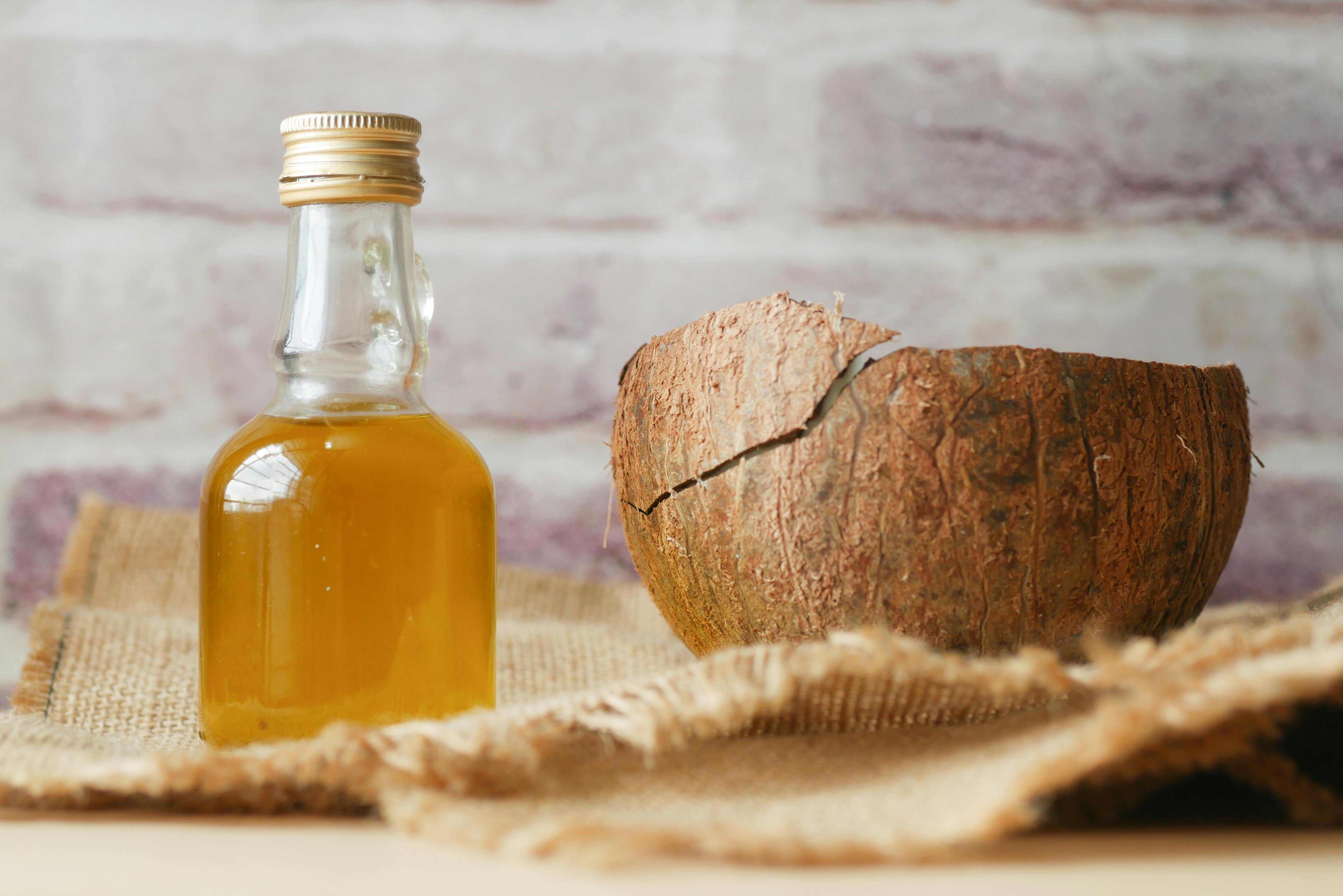
While many saturated fats raise cholesterol, not all are created equal. Stearic acid, a saturated fat found in foods like cocoa butter, coconut oil, and certain meats, has a unique effect on the body. Unlike other saturated fats, research shows it has a neutral impact on LDL ("bad") cholesterol and may even improve your lipid profile. This is because the body converts a portion of stearic acid into oleic acid, a heart-healthy monounsaturated fat. This nuanced understanding shows that a focus on overall dietary patterns is more effective than demonizing a single nutrient.
37. The Glycemic Index and Cholesterol
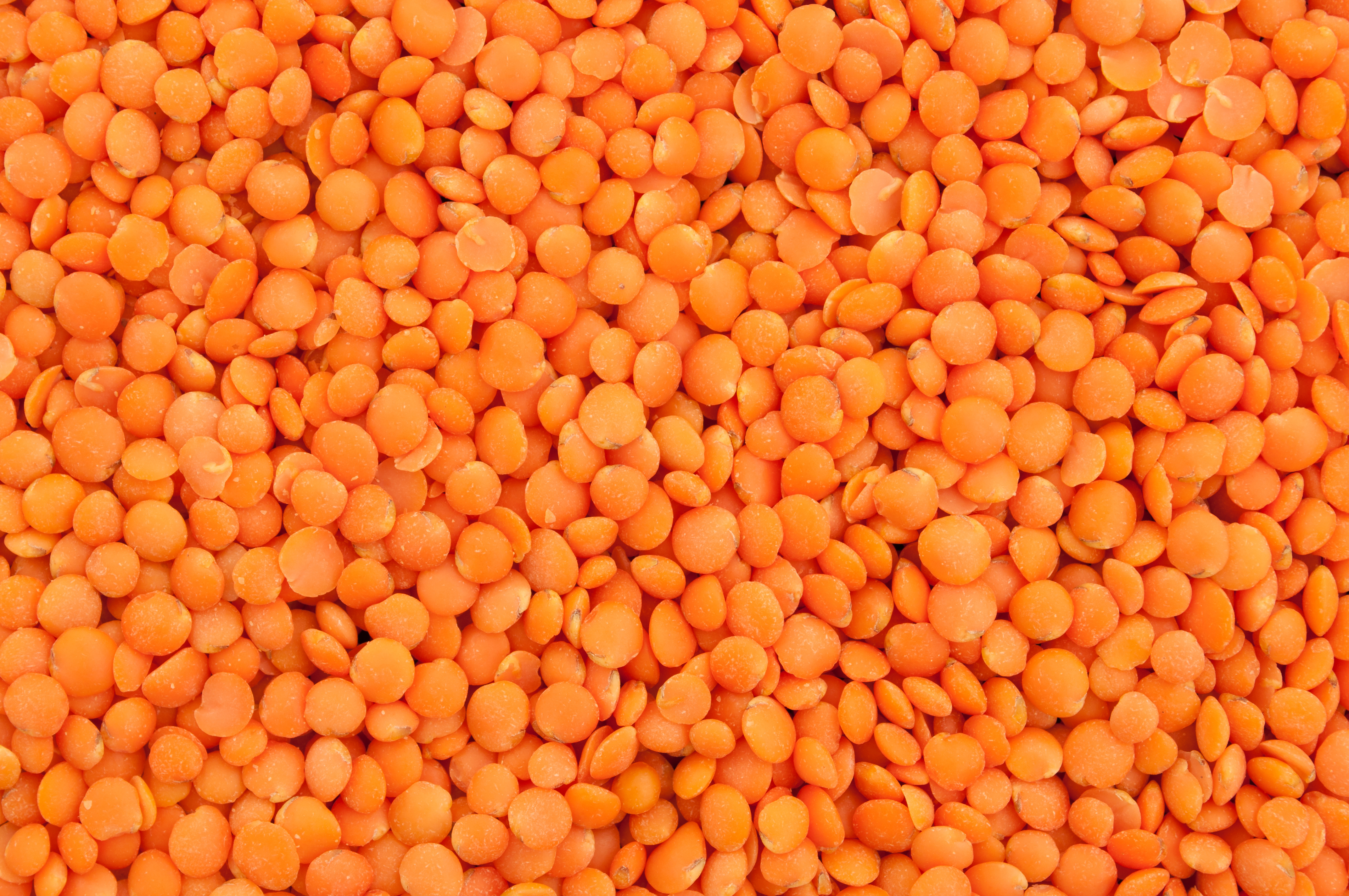
Managing your cholesterol isn’t just about fat intake—it’s about blood sugar control, too. Foods with a high glycemic index (GI), like white bread and sugary cereals, cause rapid spikes in blood sugar, which can trigger the liver to produce more triglycerides and very low-density lipoprotein (VLDL), a precursor to LDL cholesterol. By choosing low-GI carbohydrates like oats, lentils, and sweet potatoes, you can stabilize blood sugar and reduce this metabolic burden. This strategy helps you manage your cholesterol profile from a different, yet equally critical, angle.
38. Chromium: The Cholesterol-Regulating Mineral
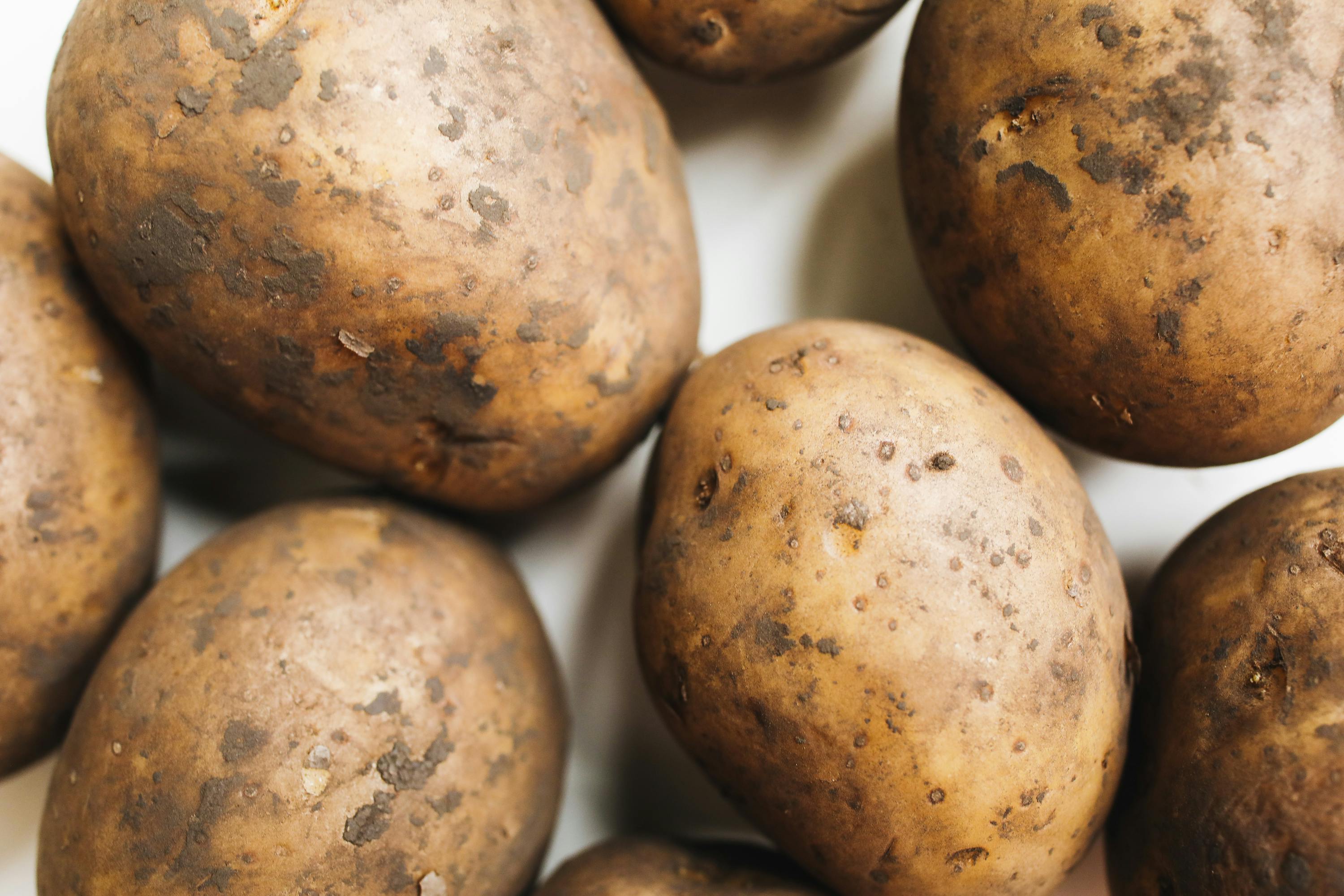
This trace mineral is often overlooked, but it plays a crucial role in managing cholesterol. Chromium is essential for the proper function of insulin, the hormone that helps your body use blood sugar. When insulin sensitivity is poor, your body’s metabolism of fats and sugars becomes inefficient, which can lead to higher LDL and triglyceride levels. Ensuring you get enough chromium from foods like broccoli, potatoes, and whole grains can help improve your insulin function and, in turn, support a healthier lipid profile.
39. The Power of Citrus Flavonoids
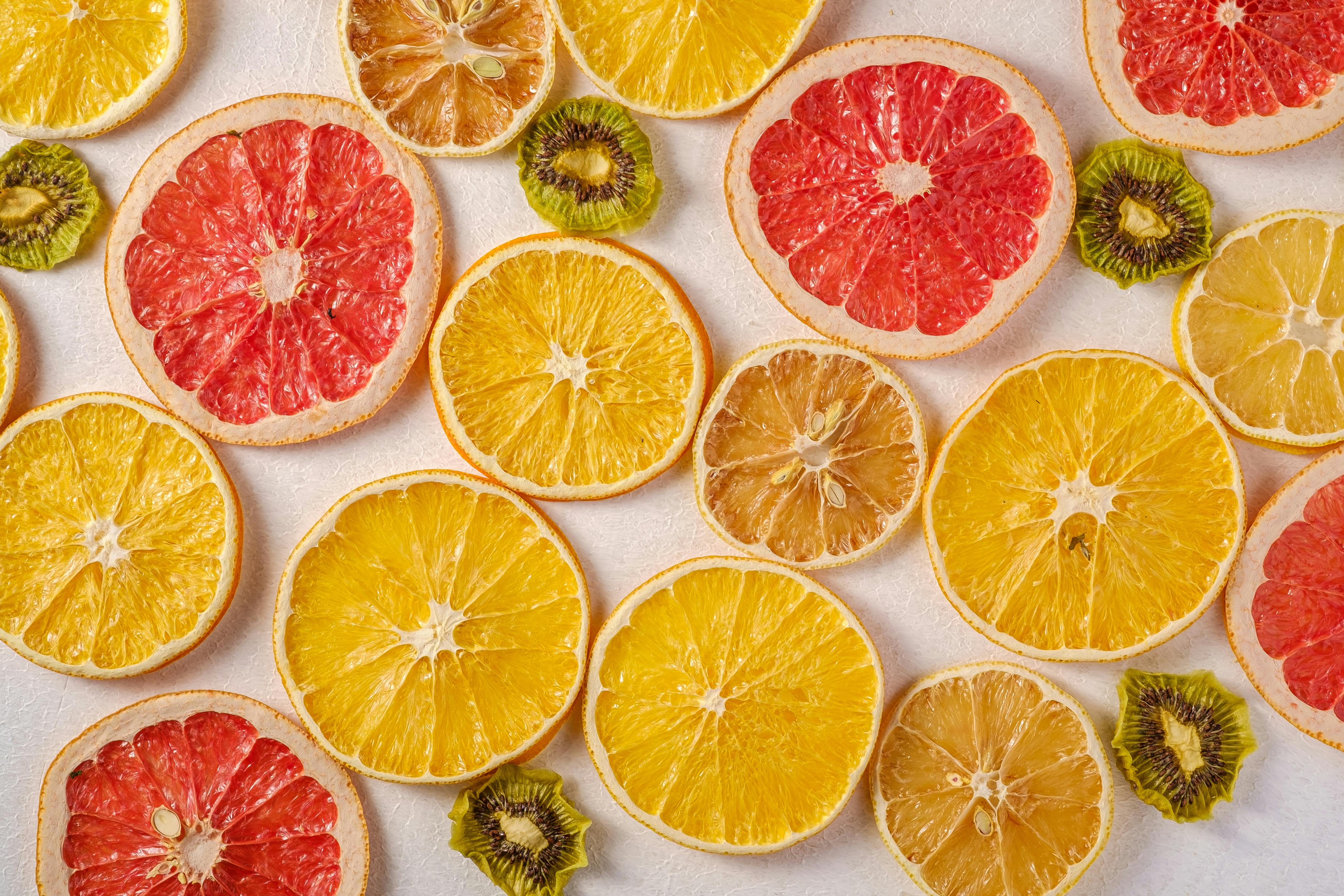
You already know about the cholesterol-lowering benefits of pectin, but the real magic may lie in the flavonoids within citrus fruits. Compounds like hesperidin (found in the white pith of oranges and lemons) and naringenin (in grapefruit) are powerful antioxidants that have been shown to reduce LDL cholesterol and improve blood vessel function. These compounds inhibit an enzyme in the liver that produces cholesterol and may also reduce inflammation. Next time you eat a citrus fruit, consider consuming the pith or adding zest to your meals for a potent dose of these heart-protective flavonoids.
40. Harness the Vagus Nerve to Lower Cholesterol

Stress can directly raise cholesterol through the release of cortisol, but you can fight back by engaging your body's relaxation response. The vagus nerve is the main communication line between your brain and your body's organs, including your heart. Activating it through practices like deep breathing, meditation, or even singing can lower your heart rate, reduce inflammation, and help your body manage its metabolic processes more effectively. This unique, non-dietary strategy proves that managing your mind is just as important as managing your meals when it comes to heart health.
41. Harness the Power of the Mediterranean Diet
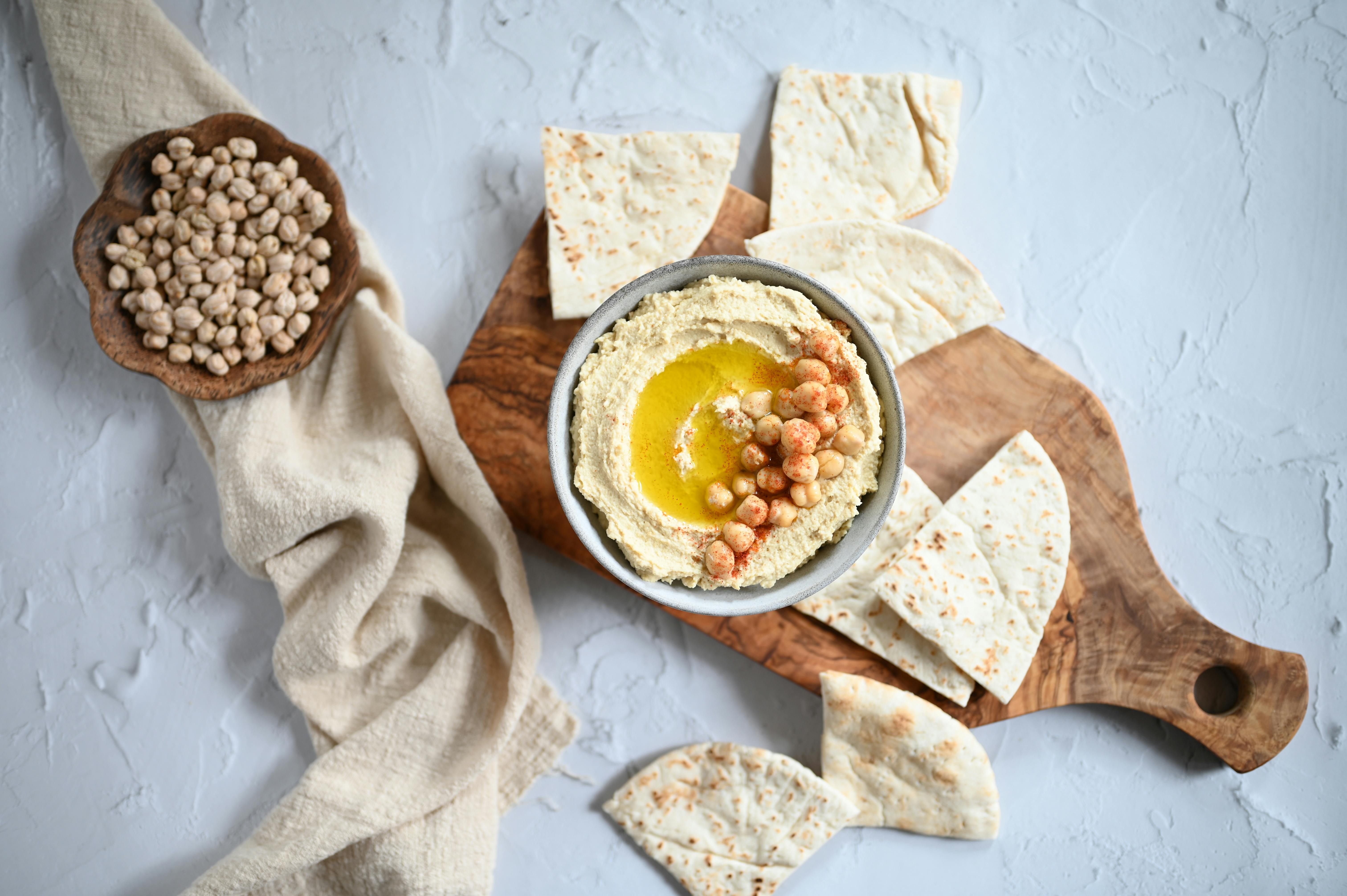
Instead of focusing on single foods, a comprehensive strategy is to adopt the Mediterranean diet as a whole. This eating pattern is consistently ranked as one of the healthiest in the world, specifically for its cholesterol-lowering effects. It emphasizes plant-based foods, like fruits, vegetables, legumes, whole grains, and healthy fats from olive oil and nuts. It limits red meat and dairy, which are often high in saturated fats. The power of this approach lies in the synergy of these foods working together. The diet's combination of fiber, antioxidants, and unsaturated fats creates an environment that actively reduces LDL cholesterol and supports overall cardiovascular function, proving that the whole is greater than the sum of its parts.
42. Get a Daily Dose of Sunlight (for Vitamin D)

While you might not think of the sun as a cholesterol-lowering tool, getting adequate vitamin D is crucial. Research has linked low levels of vitamin D to an increased risk of high cholesterol and heart disease. While the exact mechanism is still being studied, it is believed that vitamin D helps regulate the enzymes involved in cholesterol synthesis. Most of our vitamin D comes from sun exposure, but it can also be found in fortified foods like milk and cereals, and in fatty fish. Spending 10-15 minutes in the sun each day or considering a supplement (after consulting with a doctor) can be a simple, non-dietary way to support your heart.
43. Don’t Forget About Phytosterols in Fortified Products

Beyond the naturally occurring plant sterols and stanols mentioned earlier, you can specifically look for phytosterols, which are commercially added to a variety of foods. Many brands now fortify products like orange juice, yogurt, and margarine spreads with these powerful plant compounds. A single serving of these products often contains a therapeutic dose of phytosterols, which actively compete with cholesterol for absorption in your gut. By simply making a different choice in the grocery aisle—like opting for a fortified orange juice brand—you can make a significant and measurable impact on your LDL cholesterol levels without changing your entire diet.
44. The Cholesterol-Fighting Benefits of Avocados
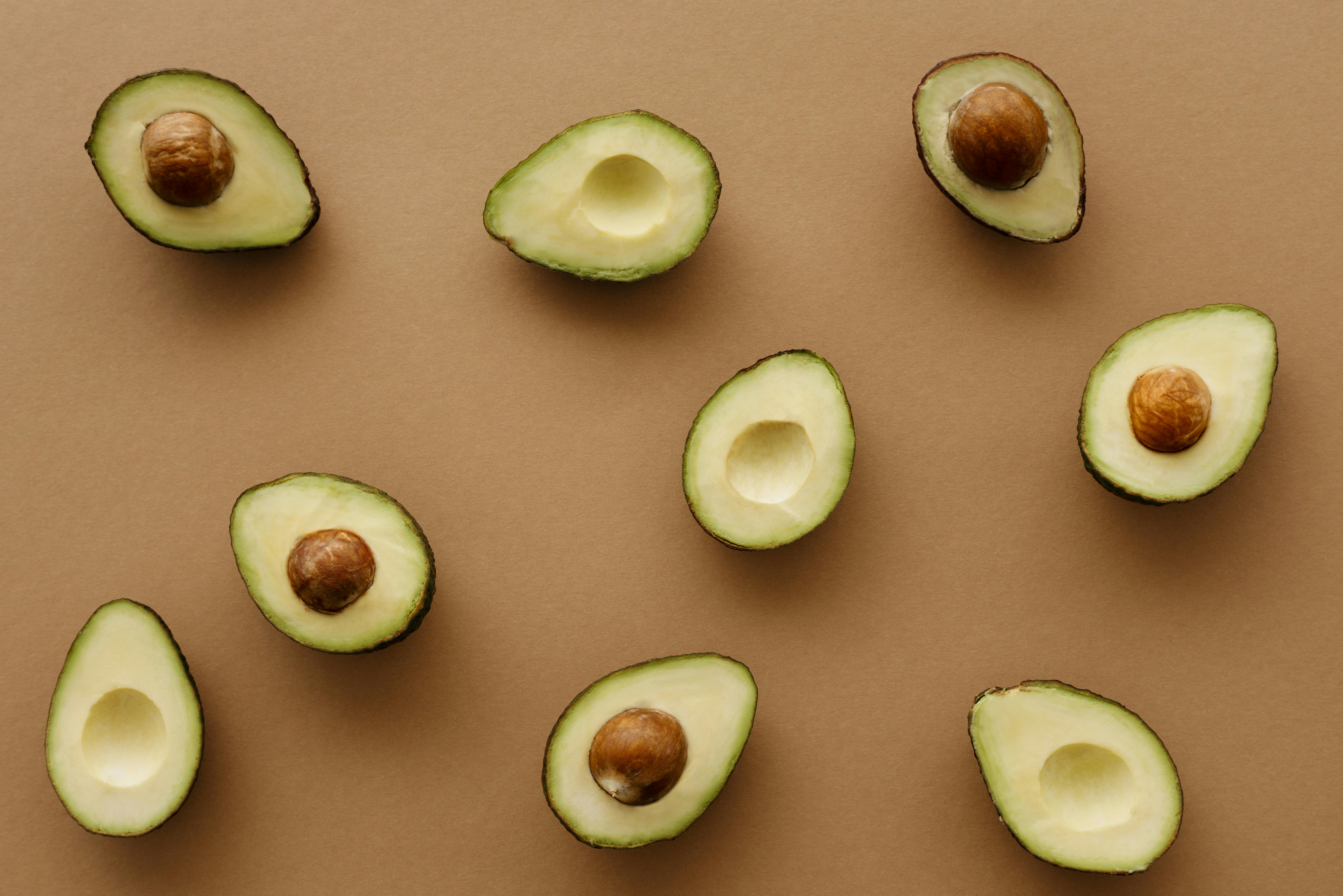
Avocados are a true superfood for heart health. They're rich in monounsaturated fats, which have been shown to reduce LDL ("bad") cholesterol and triglycerides. But they also contain a lesser-known cholesterol-fighting compound: beta-sitosterol. This plant sterol helps reduce the amount of cholesterol absorbed from the food you eat. A daily half-to-one whole avocado can not only provide these powerful health benefits but also adds a creamy, satisfying texture to your meals, making it easier to stick to a heart-healthy diet. This simple addition is a delicious way to get both healthy fats and cholesterol-blocking compounds in one go.
45. Red Yeast Rice: Nature's Statin
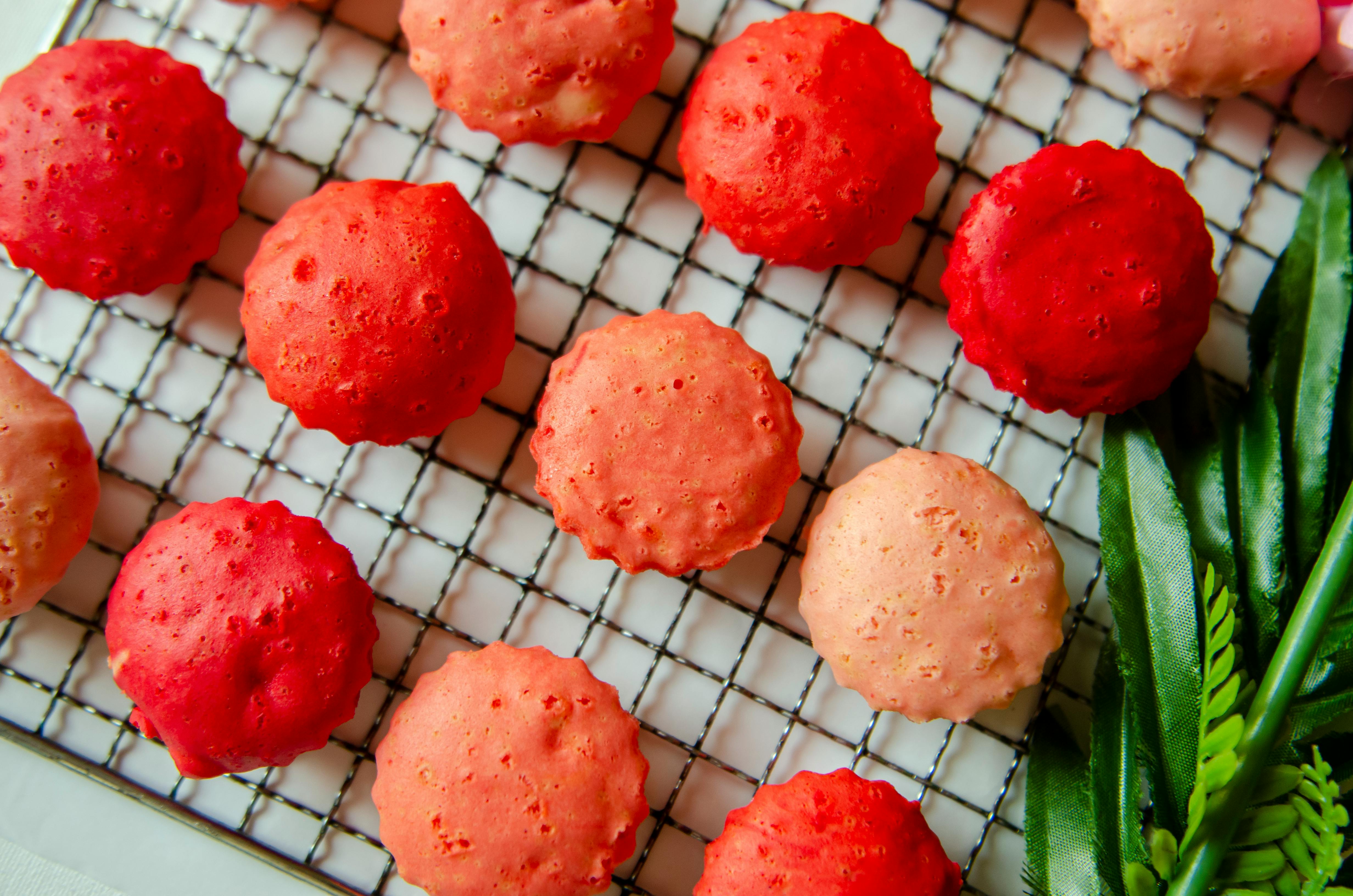
Red yeast rice is a traditional Chinese fermented rice product with a powerful secret. It contains a compound called monacolin K, which is chemically identical to the active ingredient in a common prescription statin drug. Monacolin K works by inhibiting an enzyme in your liver (HMG-CoA reductase) that is responsible for producing cholesterol. This makes red yeast rice one of the most direct and potent natural cholesterol-lowering agents available. While it's important to use it under medical supervision due to its strength, it represents a powerful, naturally occurring option for individuals looking for a non-medication approach.
46. Embrace the Power of Resistance Training

While aerobic exercise is great for raising HDL, don't overlook resistance training for its unique benefits. Building muscle through weightlifting or bodyweight exercises can significantly improve insulin sensitivity. When your body is more sensitive to insulin, it can better manage blood sugar and fat metabolism, which helps reduce triglyceride levels—a key factor in cholesterol management. Muscle tissue is also metabolically active, helping you burn more calories at rest and maintain a healthy weight. Aim for two to three strength training sessions per week to complement your cardio and build a more robust, heart-healthy body.
47. The Gut-Liver Connection
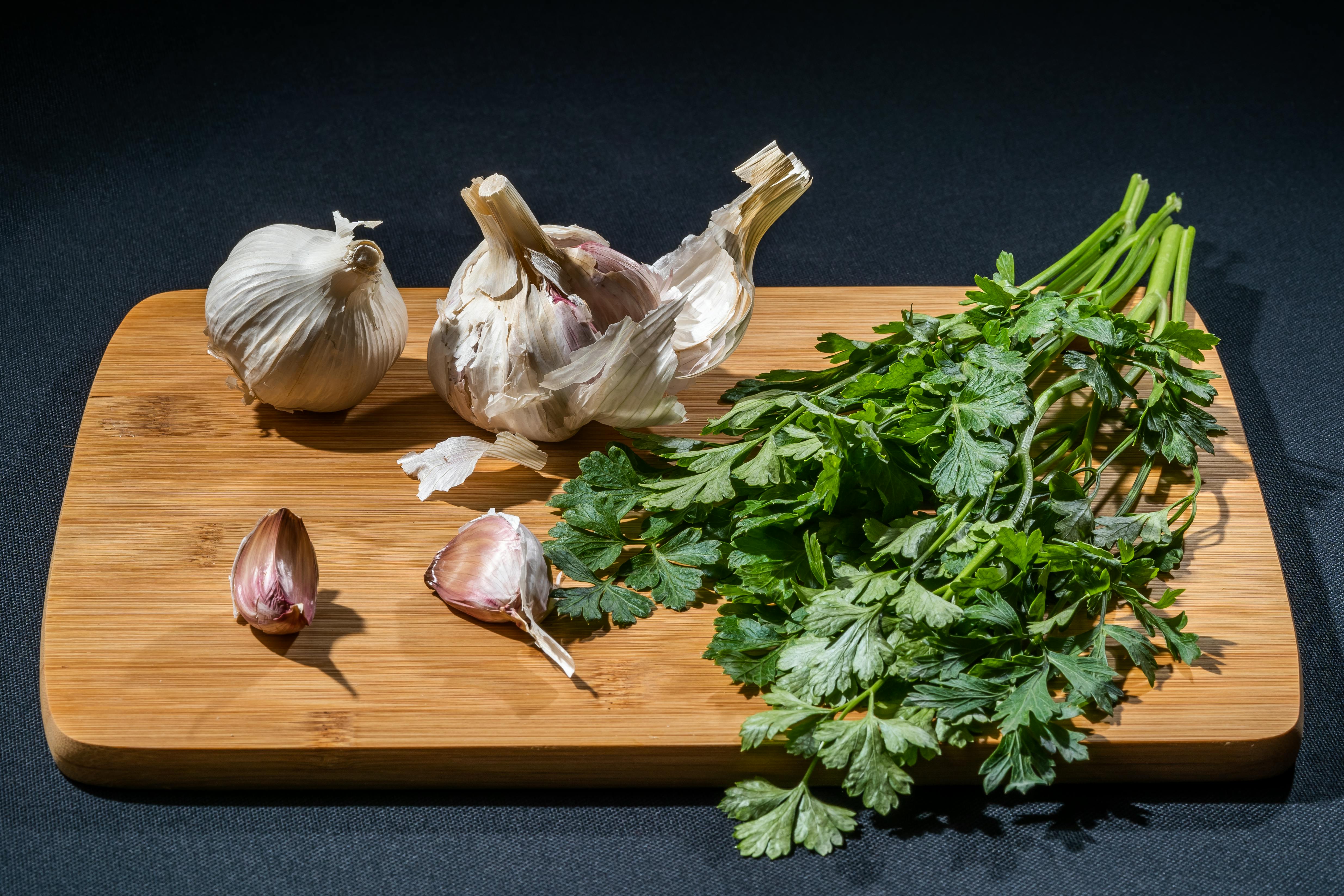
Your gut and liver work in tandem to manage cholesterol. A healthy gut microbiome can produce short-chain fatty acids from the fiber you eat, which travel to the liver and help inhibit cholesterol production. More fascinatingly, certain probiotic strains can help break down bile acids—which are made from cholesterol—for excretion, effectively reducing your body's cholesterol load. Nurturing your gut health with prebiotic foods like garlic, onions, and asparagus and probiotic foods like kefir and sauerkraut can be an indirect but powerful strategy to support your liver's cholesterol-clearing efforts.
48. Cook with Spices and Herbs

Your spice rack is a secret weapon for heart health. Many common spices and herbs contain potent anti-inflammatory and antioxidant compounds that actively fight against cholesterol-related issues. For instance, cinnamon can improve insulin sensitivity, which helps the body manage blood sugar and fat. The compounds in turmeric (curcumin) and ginger can reduce inflammation in your blood vessels, a key factor in plaque formation. By seasoning your meals with a variety of herbs and spices instead of relying on salt and butter, you're not just adding flavor; you're infusing your food with a layer of powerful, heart-protective compounds.
49. Consider Laughter as a Therapeutic Tool

It may sound silly, but a good belly laugh can be an effective, non-dietary tool for lowering cholesterol. Laughter helps reduce the level of cortisol, the "stress hormone," in your body. High cortisol levels can lead to inflammation and metabolic imbalances that negatively impact your lipid profile. Laughter also promotes the dilation of blood vessels, which increases blood flow and helps reduce arterial stress. Finding a way to laugh every day, whether it's through a funny movie or a conversation with a friend, is a simple, enjoyable way to support your heart health.
50. Choose Low-Glycemic Carbs
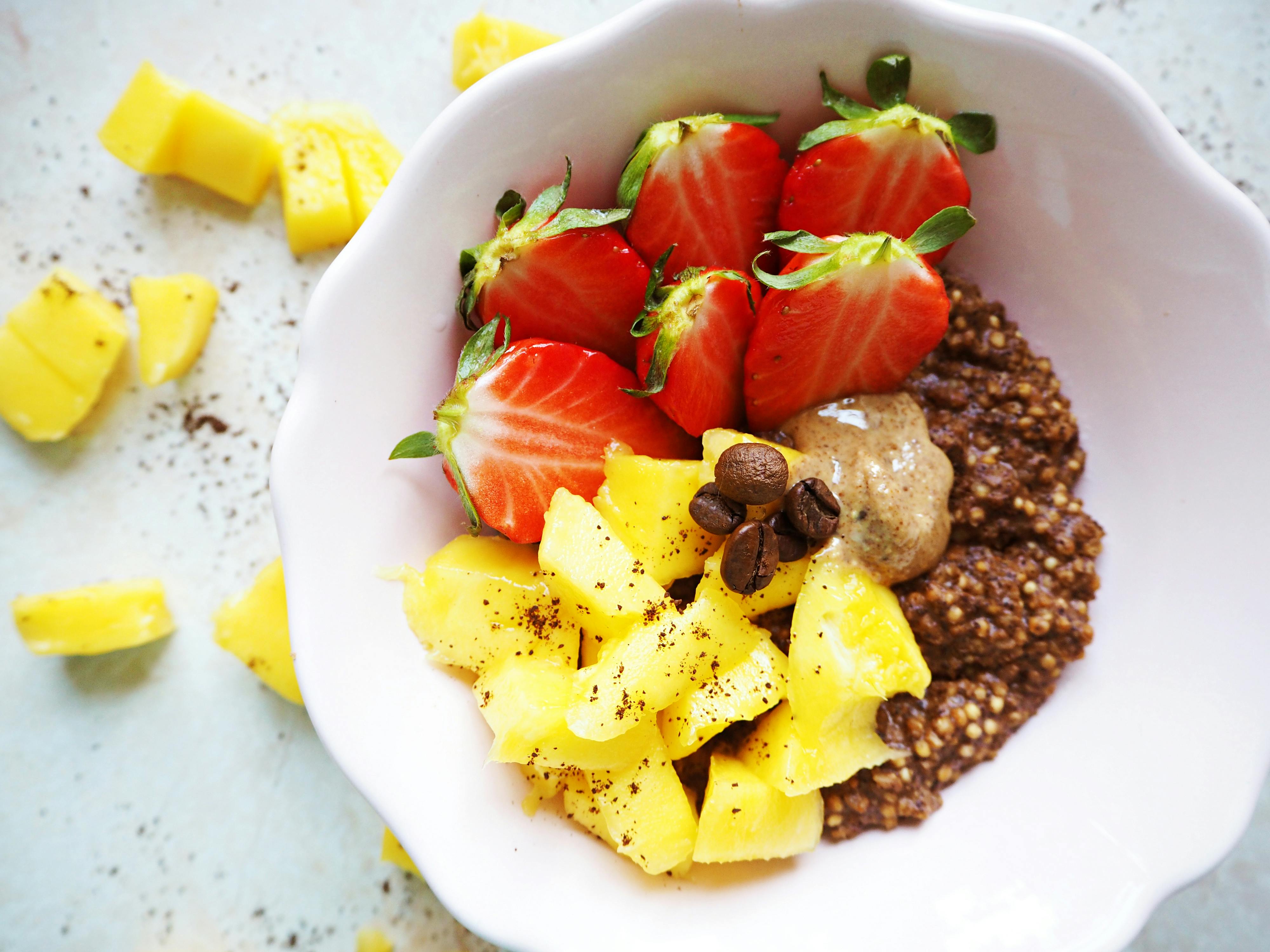
The focus on fat can make people overlook the impact of carbohydrates. Foods with a high glycemic index (GI), like white bread and sugary cereals, cause rapid spikes in blood sugar, which triggers the liver to produce more triglycerides and VLDL, a precursor to LDL cholesterol. By choosing low-GI carbohydrates like oats, quinoa, and legumes, you can stabilize blood sugar and reduce this metabolic burden. This strategy helps you manage your cholesterol profile from a different, yet equally critical, angle.
51. Cholesterol and Your Thyroid

If your cholesterol is high, it may be a sign of an underactive thyroid. Your thyroid gland produces hormones that help regulate many of your body's functions, including how it removes cholesterol. When thyroid hormone levels are low, your body doesn't remove LDL ("bad") cholesterol from the blood as efficiently as it should. This can lead to a buildup of cholesterol, even if you are eating a healthy diet. Ask your doctor to check your thyroid-stimulating hormone (TSH) levels with a simple blood test.
52. The Role of Bile Acid Sequestrants
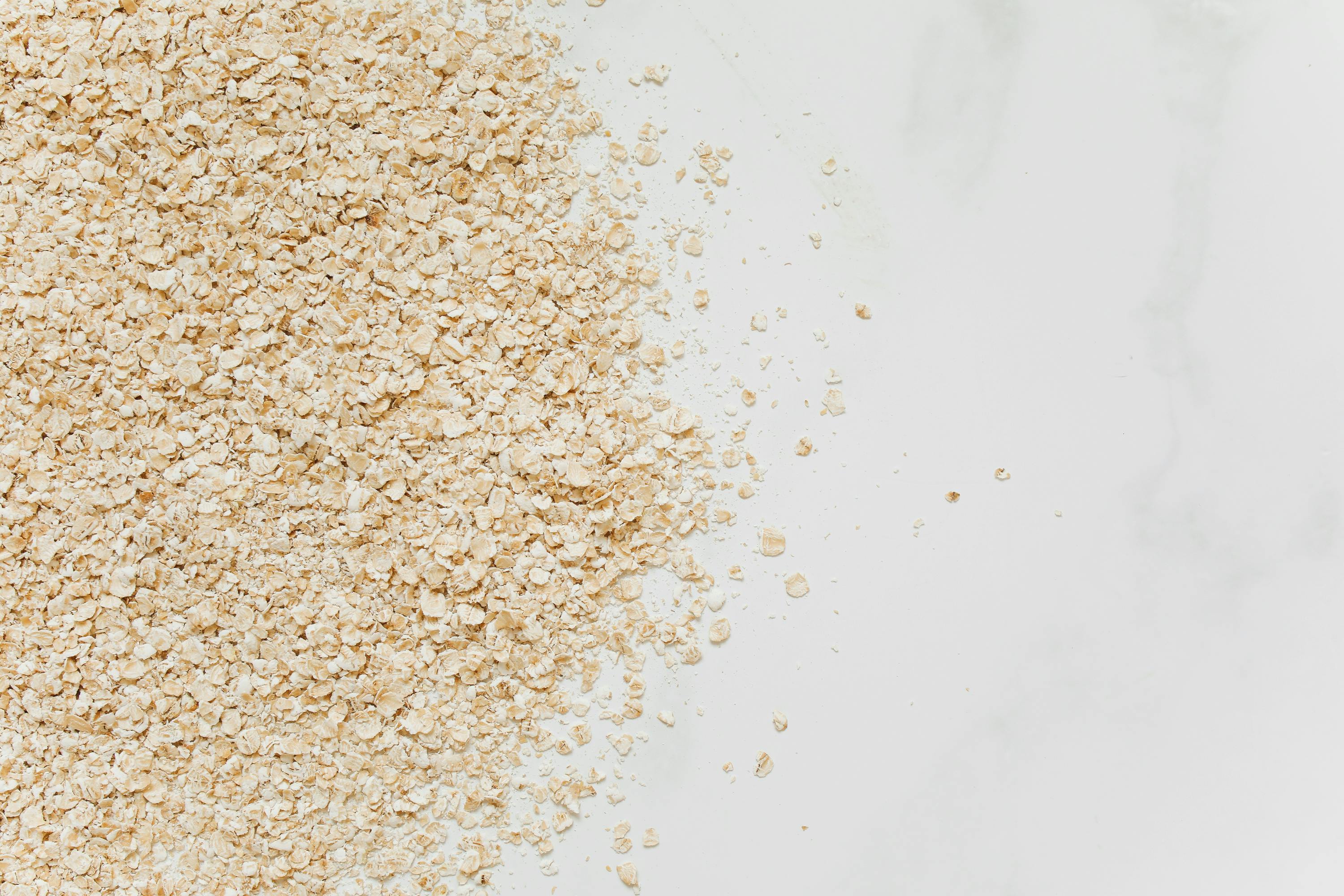
While medication is often a last resort, some natural substances act like prescription bile acid sequestrants. These are resins that bind to bile acids in your gut, forcing your liver to produce more bile. To do so, your liver pulls cholesterol from your bloodstream, effectively lowering your blood cholesterol levels. Soluble fiber from foods like psyllium husk, barley, and oats functions in a similar way. Incorporating these foods into your diet helps your body actively remove cholesterol before it can be reabsorbed.
53. The Importance of Protein Source
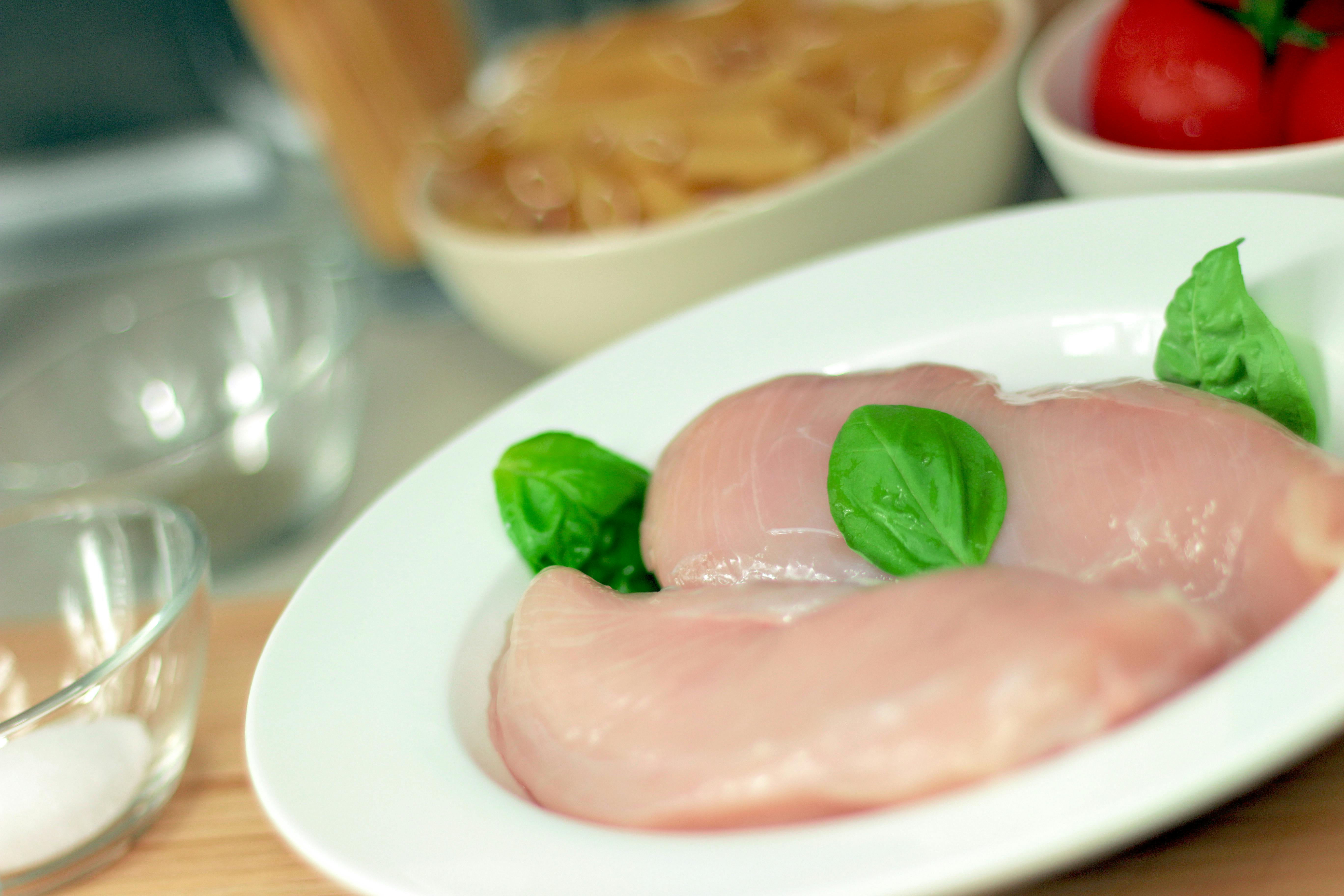
You already know that plant-based protein is great for lowering cholesterol, but it's worth noting the specific impact of the type of animal protein you choose. A high intake of red meat and full-fat dairy, which contain a lot of saturated fats, can raise your LDL cholesterol. Opting for lean protein sources like chicken breast, lean pork, or eggs can help you lower your cholesterol while still enjoying animal protein. Substituting fatty cuts of meat with leaner options is a simple swap that can have a significant impact on your cholesterol levels.
54. Don't Forget About Phytosterols in Fortified Products
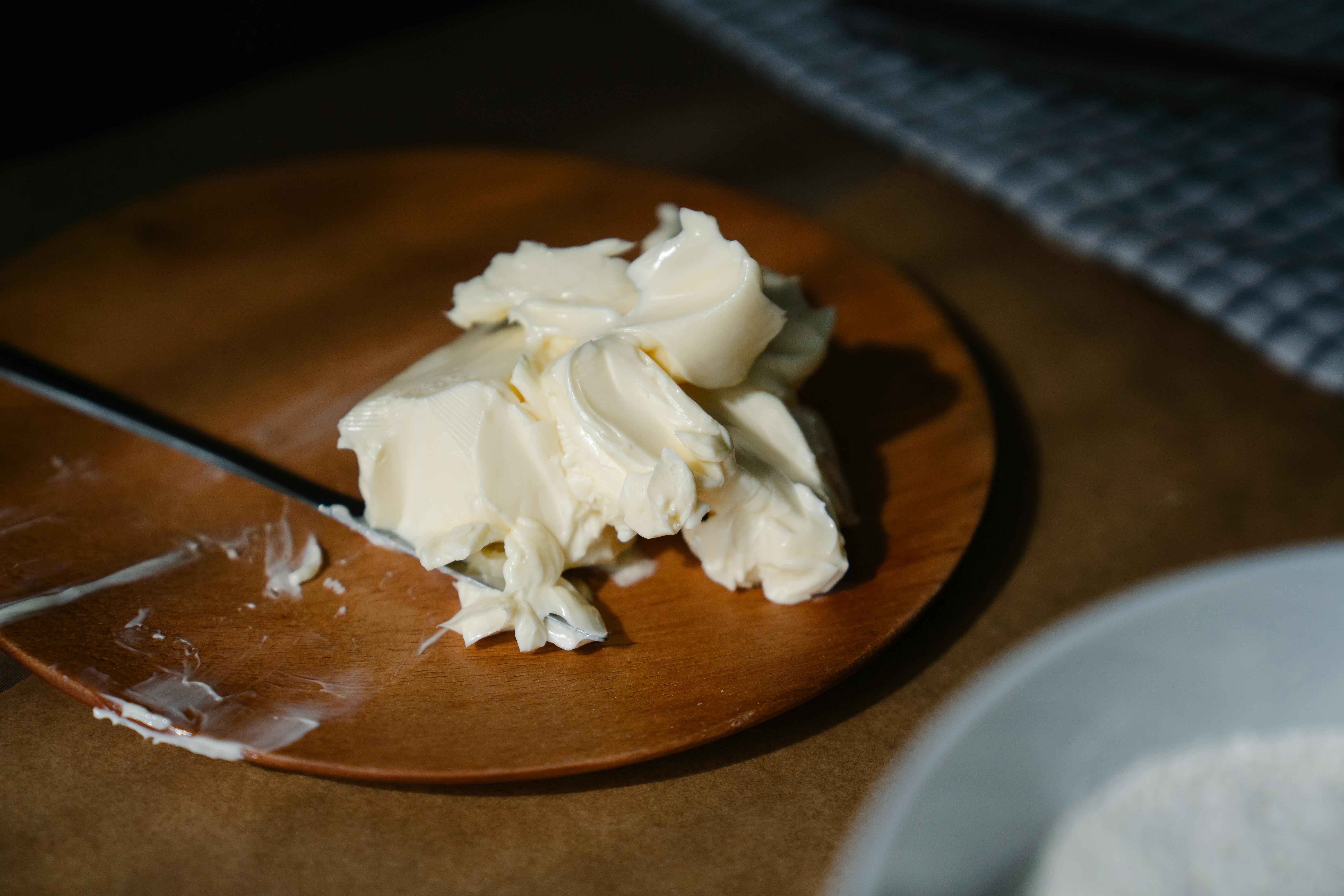
Beyond the naturally occurring plant sterols and stanols, you can specifically look for phytosterols, which are commercially added to a variety of foods. Many brands now fortify products like orange juice, yogurt, and margarine spreads with these powerful plant compounds. A single serving of these products often contains a therapeutic dose of phytosterols, which actively compete with cholesterol for absorption in your gut. By simply making a different choice in the grocery aisle—like opting for a fortified orange juice brand—you can make a significant and measurable impact on your LDL cholesterol levels without changing your entire diet.
55. The Power of Okra: The Mucilage Magnet
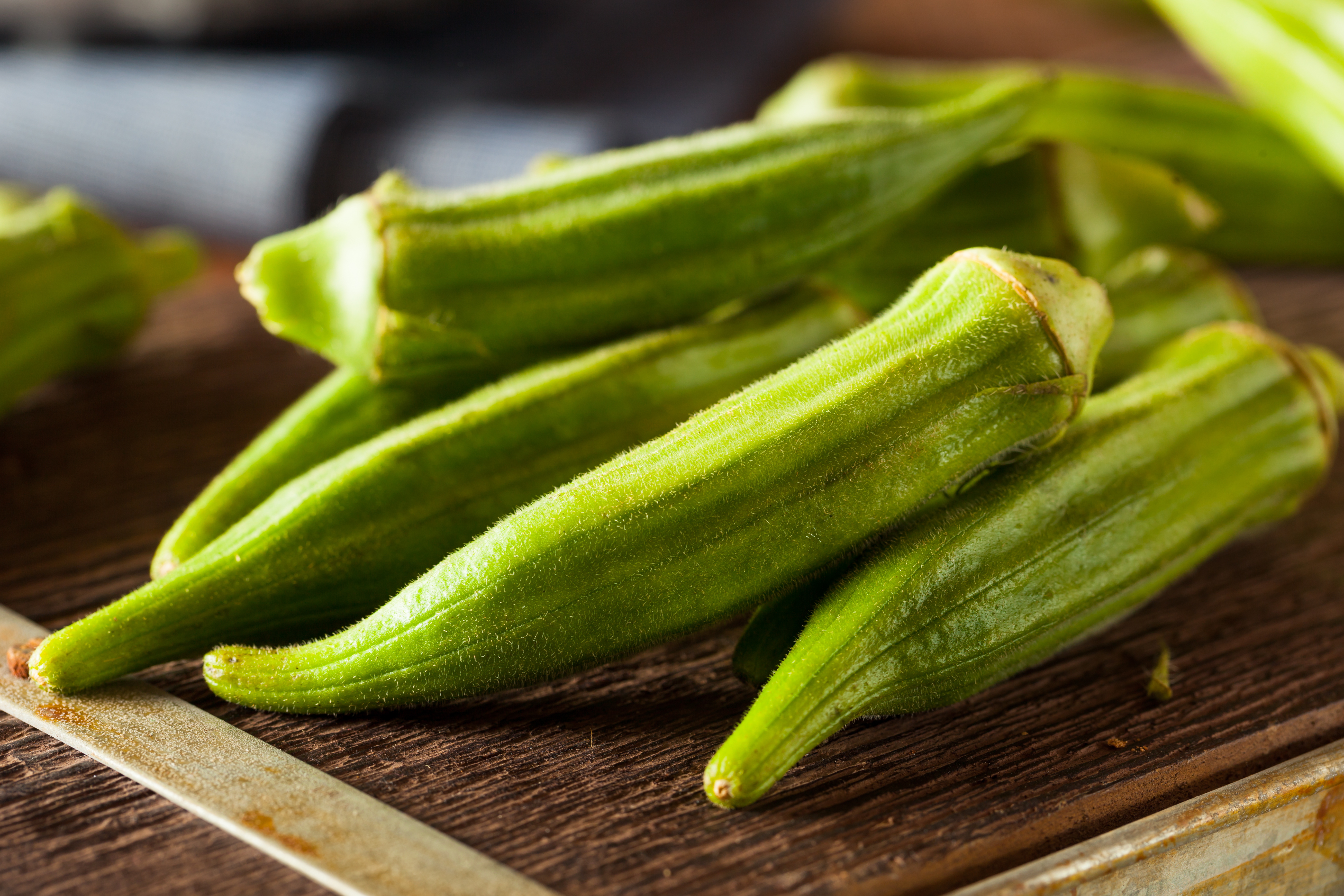
Okra is a unique cholesterol-fighter due to its high content of mucilage, a gel-like soluble fiber. When you cook okra, this mucilage is released, and it acts like a sponge in your digestive system, binding directly to cholesterol and bile acids. This prevents your body from reabsorbing them and forces your liver to pull more cholesterol from your bloodstream to produce new bile, effectively lowering your LDL cholesterol levels. Don't let the slimy texture scare you—roasting or grilling okra can minimize its sliminess while still delivering its potent cholesterol-lowering benefits.
56. The Power of Psyllium Husk: A Fiber Supplement Superhero
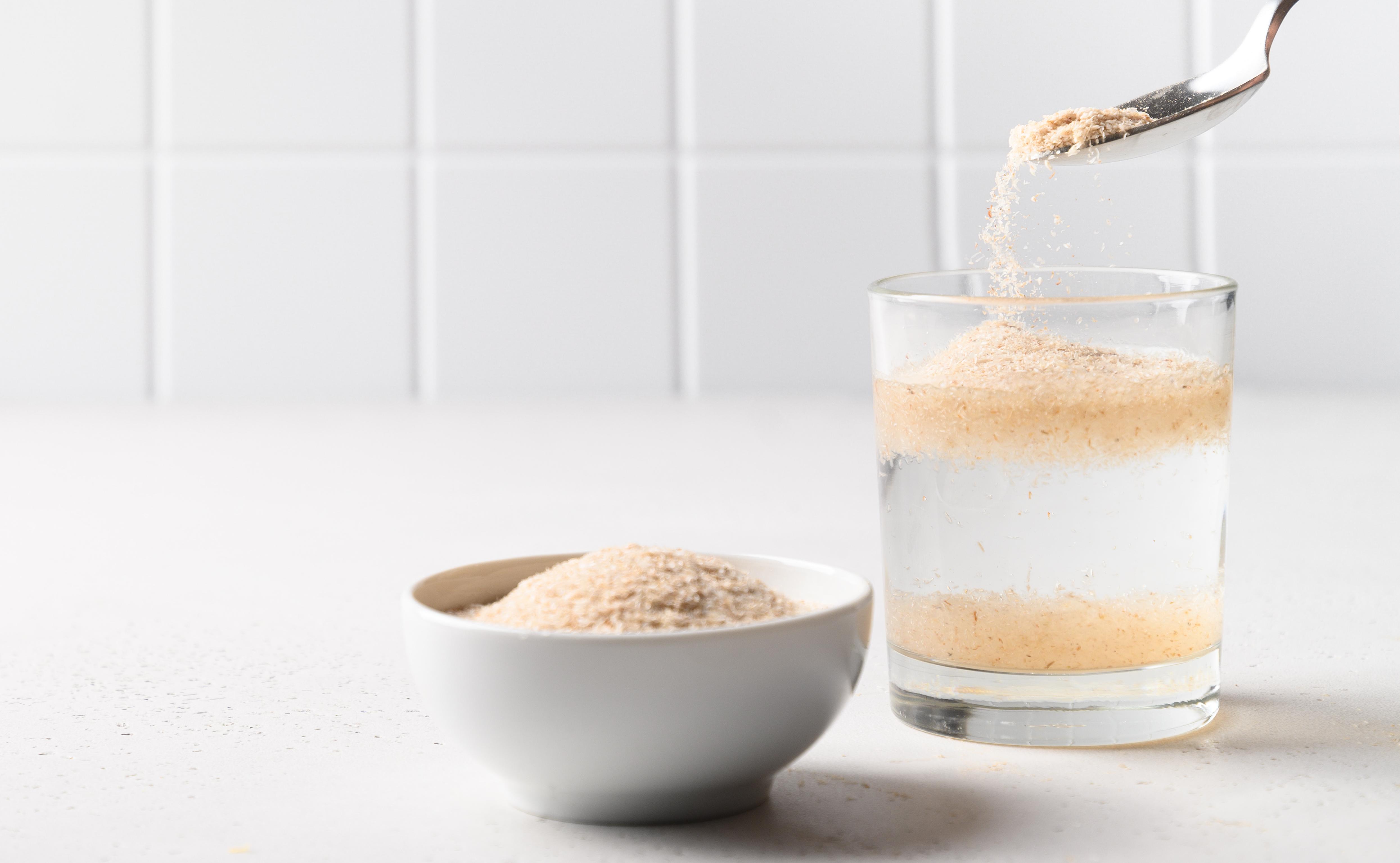
While many lists mention soluble fiber, psyllium husk deserves a specific call-out as a powerful and simple way to boost your intake. Derived from the seeds of the Plantago ovata plant, it's a bulk-forming laxative that is almost entirely made of soluble fiber. When mixed with water, it forms a gel that binds to cholesterol and bile acids in your digestive tract, preventing their absorption and carrying them out of the body. This forces your liver to pull more cholesterol from your bloodstream to make new bile acids, actively lowering your LDL levels. A simple teaspoon mixed into water or a smoothie each day is an incredibly effective and cost-efficient strategy.
57. The Role of Soy Protein in LDL Receptors
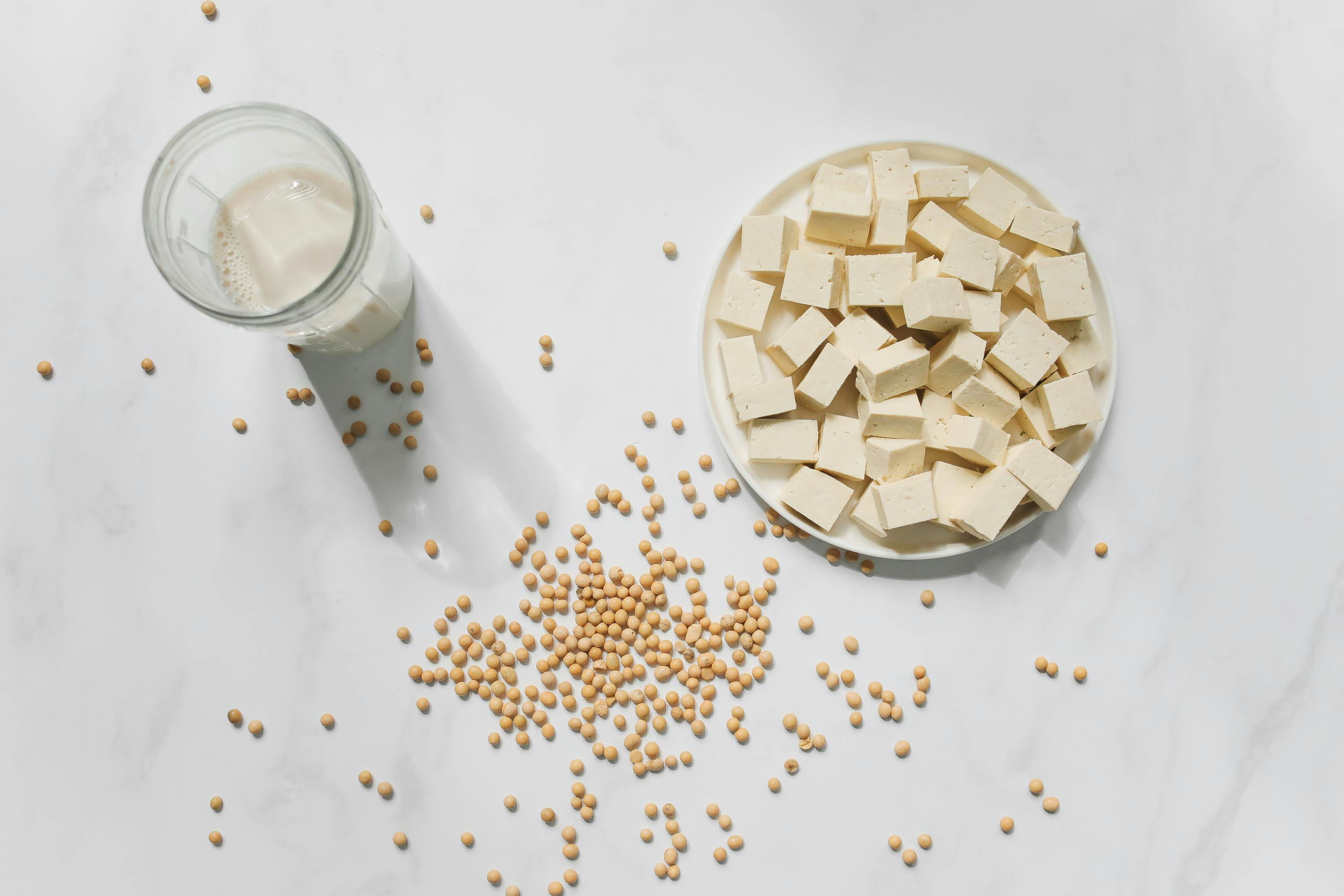
Beyond just being a plant-based alternative, soy protein has a specific and direct mechanism for lowering cholesterol. The isoflavones in soy have been shown to increase the number of LDL receptors on your liver cells. These receptors act like tiny docks that pull LDL ("bad") cholesterol out of your bloodstream. By creating more of these "docks," soy protein helps your body clear cholesterol more efficiently. Incorporating a daily serving of minimally processed soy—such as edamame, tofu, or soy milk—can be a delicious and effective way to enhance this natural clearing process.
58. Stearic Acid: The Unique Saturated Fat

Stearic acid, a type of saturated fat found in foods like dark chocolate, cocoa butter, and certain meats, has a unique effect on the body. Unlike other saturated fats that raise LDL (bad) cholesterol, research has shown that stearic acid has a neutral or even beneficial effect on cholesterol levels. This is because a portion of it is converted in the liver to oleic acid, a heart-healthy monounsaturated fat. By understanding this nuance, you can make smarter food choices and focus on your overall dietary pattern rather than demonizing a single nutrient.
59. Laughter: A Natural Stress and Cortisol Reducer

While many tips focus on diet and exercise, your emotions and mental state also play a direct role in your heart health. Laughter is a powerful tool for reducing stress and lowering cortisol, the "stress hormone." Chronic stress leads to elevated cortisol, which can negatively impact your metabolism, increase inflammation, and even raise your cholesterol levels. A good belly laugh promotes the dilation of blood vessels, which improves circulation and reduces arterial stress. Incorporating more humor into your life through funny movies, conversations with friends, or comedy shows is a simple, enjoyable way to support your heart health from a surprising angle.
60. Go for Goji Berries: The Zeaxanthin and Pectin Combination
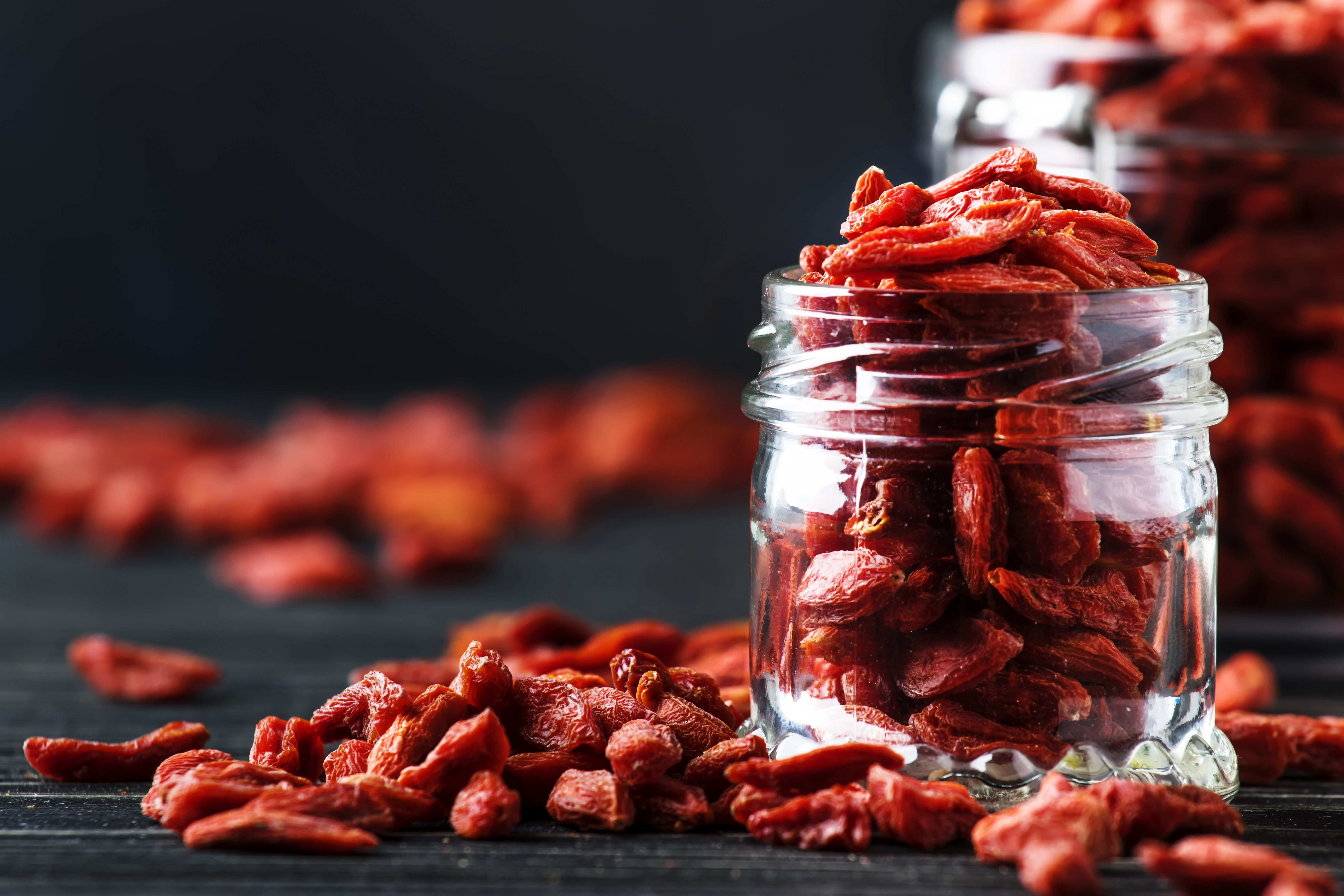
While berries are mentioned, goji berries offer a unique, two-pronged approach to lowering cholesterol that sets them apart. They are exceptionally rich in the antioxidant zeaxanthin, which specifically helps protect your LDL cholesterol from oxidation, a crucial step in preventing arterial plaque buildup. In addition to this protective role, goji berries contain a significant amount of pectin, a type of soluble fiber that binds to cholesterol in your digestive tract and helps escort it out of your body. Enjoy a handful of dried goji berries in your cereal or trail mix to get a delicious and powerful dose of these cholesterol-fighting compounds.
61. The Surprising Benefits of Quinoa: The Saponin Scrubber
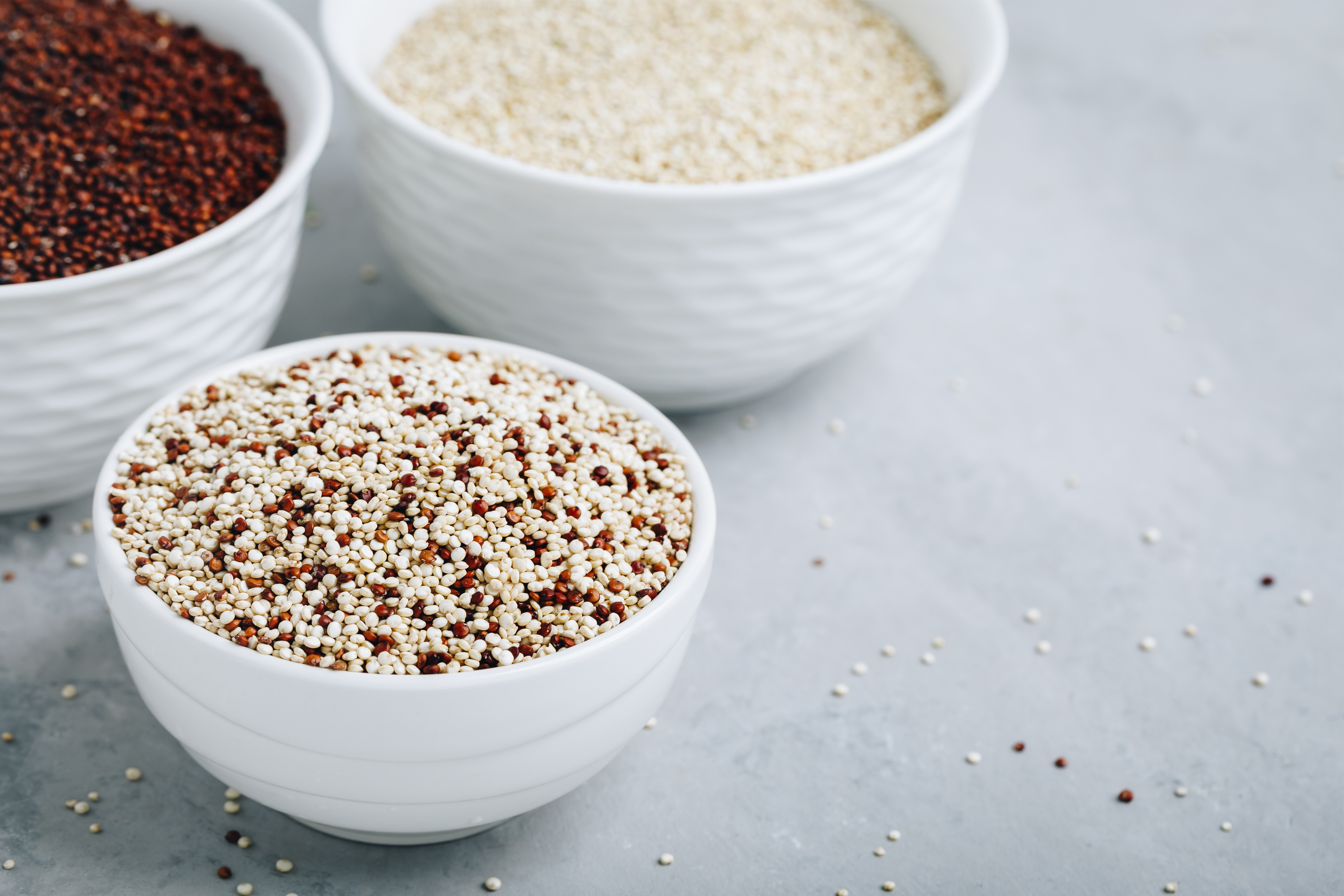
While quinoa is celebrated as a whole grain, its cholesterol-lowering power comes from a different angle: saponins. These naturally bitter compounds coat the outside of quinoa grains and, when consumed, bind to cholesterol and bile acids in the small intestine. This prevents their absorption and helps sweep them out of the body, forcing the liver to use up more cholesterol to replenish its bile supply. Quinoa's high fiber and protein content also contribute to satiety and blood sugar control, which are both crucial for maintaining a healthy lipid profile. Simply rinse quinoa thoroughly before cooking to remove some of the bitterness from the saponins.
62. The Power of Spirulina: The Phycocyanin Powerhouse
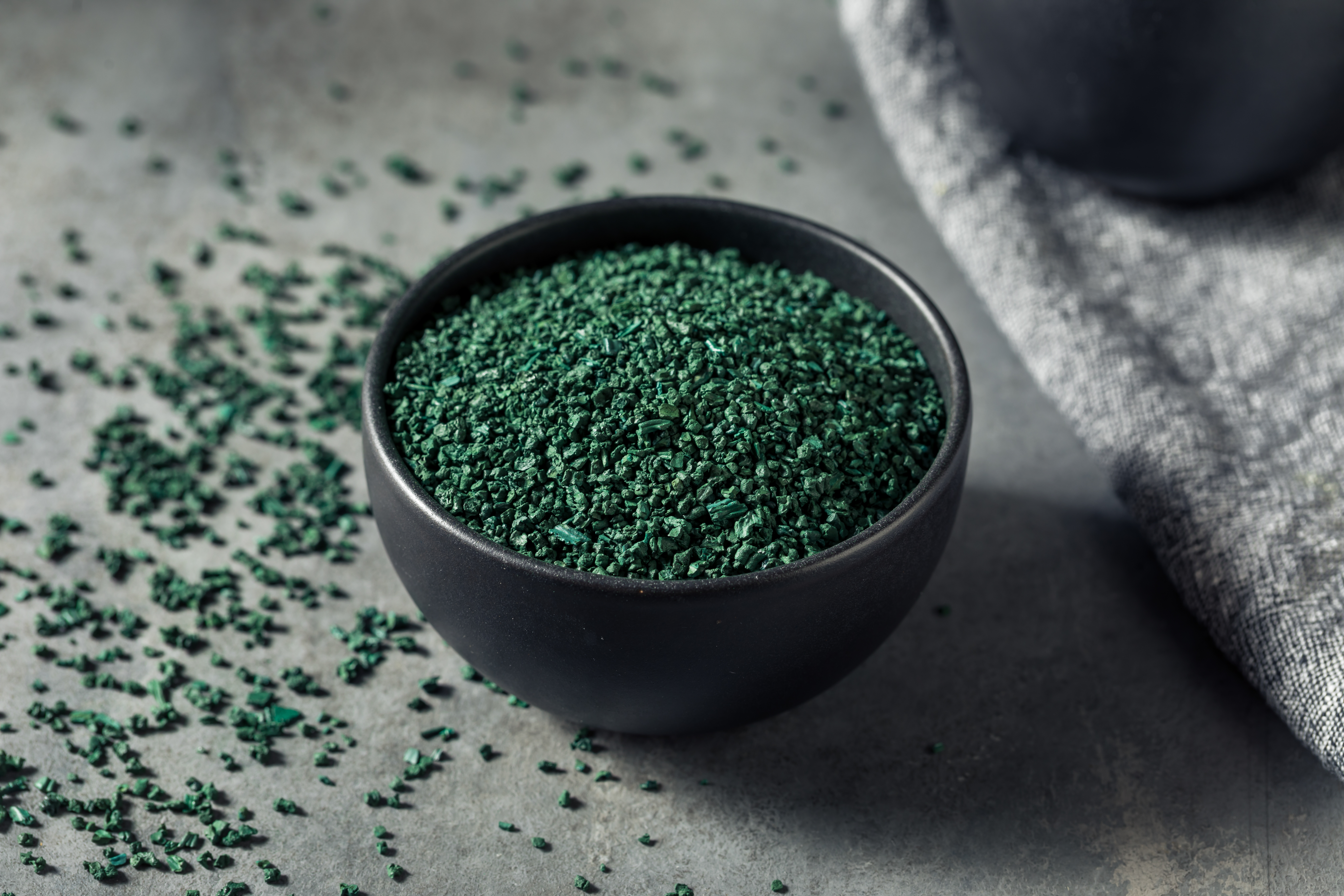
This vibrant blue-green algae is a potent superfood that fights high cholesterol with a unique compound called phycocyanin. This antioxidant has been shown to inhibit an enzyme in the liver that synthesizes cholesterol, which directly helps to lower LDL levels. Research indicates that consuming spirulina can not only reduce total and LDL cholesterol but also increase beneficial HDL cholesterol, offering a balanced improvement in your lipid profile. Available in powder or tablet form, adding spirulina to smoothies or juices is a simple and effective way to harness its detoxifying and cholesterol-lowering properties.
63. The Role of Pomegranate: The Ellagic Acid Powerhouse
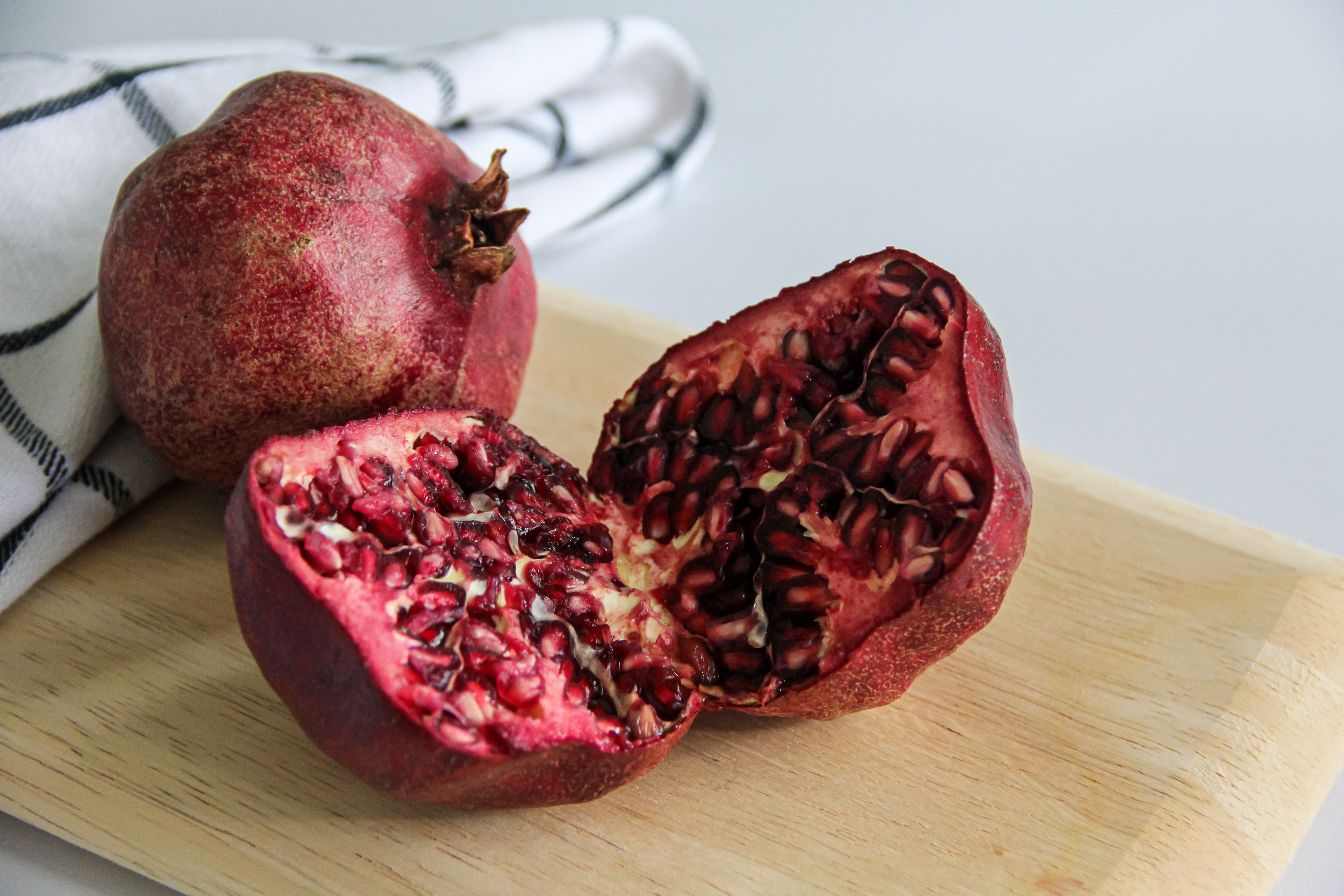
While other fruits are mentioned, pomegranate offers a unique and powerful approach to cholesterol management. It's rich in a specific antioxidant called ellagic acid, which has been shown to reduce arterial plaque and protect LDL cholesterol from the oxidation that leads to its buildup in arteries. Pomegranate also contains potent compounds called punicalagins, which help improve blood vessel function and reduce blood pressure. Enjoying the arils or drinking pure, unsweetened pomegranate juice can provide a delicious and proactive way to protect your cardiovascular system at a cellular level.
64. The Benefits of Barley: The Beta-Glucan Booster
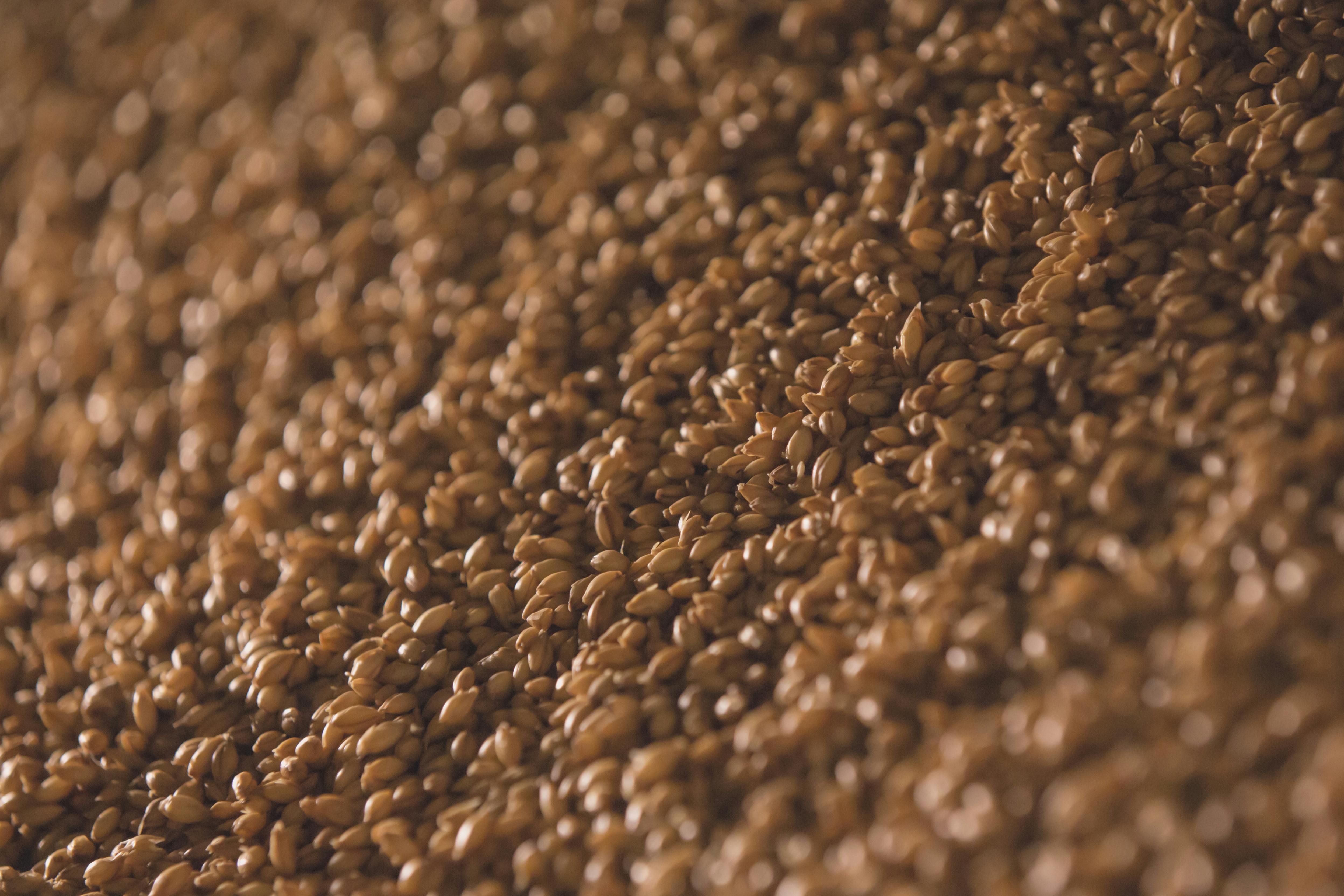
Barley is a cholesterol-lowering food that deserves its own mention. It is an exceptional source of beta-glucan, a type of soluble fiber that acts as a physical sponge in your digestive system. As this gel-like substance passes through your gut, it binds to cholesterol-rich bile acids and carries them out of the body. This forces your liver to pull more cholesterol from your bloodstream to create new bile, effectively lowering your total and LDL cholesterol levels. A half-cup of cooked barley in a soup, salad, or as a side dish can provide a significant portion of the soluble fiber needed to make a tangible impact on your cholesterol.
65. The Power of Fenugreek: A Saponin-Rich Suppressor
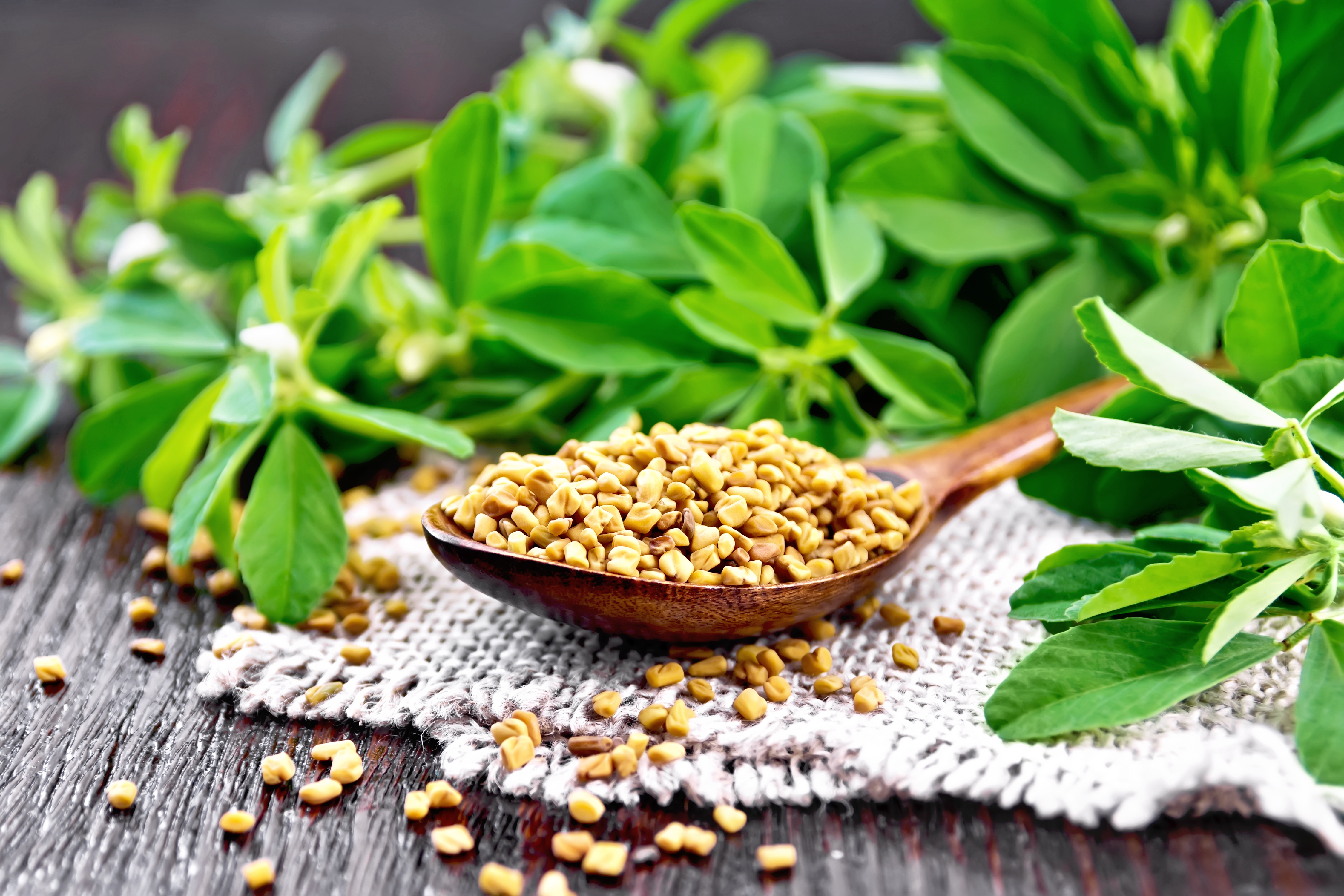
Fenugreek is a lesser-known spice that holds surprising power in cholesterol management. Its cholesterol-lowering effect comes from its high concentration of saponins, a type of plant compound that specifically reduces the absorption of cholesterol in your intestines. These saponins work by forming a complex with dietary cholesterol, preventing it from entering your bloodstream and instead helping it get excreted from your body. Incorporating fenugreek seeds into your cooking or taking a fenugreek supplement can be an effective and often overlooked strategy to support a healthy lipid profile.
66. The Surprising Benefits of Quinoa: The Saponin Scrubber
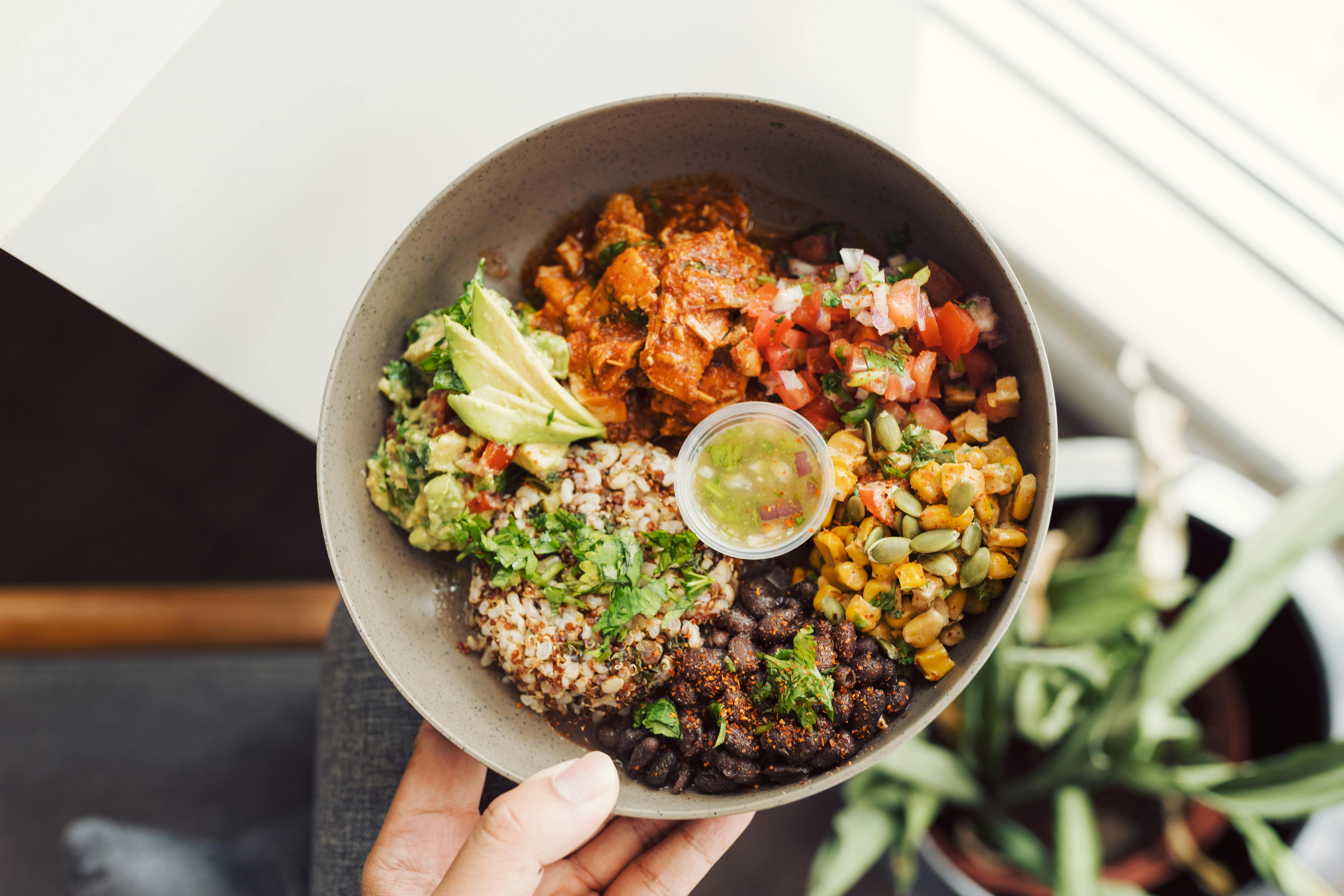
While quinoa is celebrated as a whole grain, its cholesterol-lowering power comes from a different angle: saponins. These naturally bitter compounds coat the outside of quinoa grains and, when consumed, bind to cholesterol and bile acids in the small intestine. This prevents their absorption and helps sweep them out of the body, forcing the liver to use up more cholesterol to replenish its bile supply. Quinoa's high fiber and protein content also contribute to satiety and blood sugar control, which are both crucial for maintaining a healthy lipid profile. Simply rinse quinoa thoroughly before cooking to remove some of the bitterness from the saponins.
67. Nattō: The Nattokinase Artery Cleaner

Nattō, a traditional Japanese food made from fermented soybeans, offers a unique and highly direct mechanism for cardiovascular support. It is the richest known food source of the enzyme nattokinase. This enzyme has potent fibrinolytic activity—meaning it actively helps break down fibrin, a protein essential for blood clotting and the primary scaffolding for arterial plaque formation. By helping to reduce blood viscosity and the "stickiness" of the blood, nattokinase indirectly supports cholesterol management by lowering the overall burden on the arteries. Nattō is also packed with highly bioavailable Vitamin K2, which is crucial for preventing the calcification (hardening) of arteries. Incorporating this powerful, traditional food is a comprehensive strategy for enhancing vascular health and promoting a clearer circulatory system.
A Heartfelt Commitment

Lowering cholesterol without medication is not only possible but also empowering. By adopting these dietitian-endorsed strategies, you can take control of your heart health in a natural and sustainable way. Each method complements the others, creating a comprehensive approach to managing cholesterol levels. Whether you're incorporating more plant-based foods, choosing healthier fats, or staying hydrated, every small change contributes to a healthier heart. Commit to these lifestyle adjustments, and you'll be on your way to elevating your heart health and enjoying a vibrant, fulfilling life.
